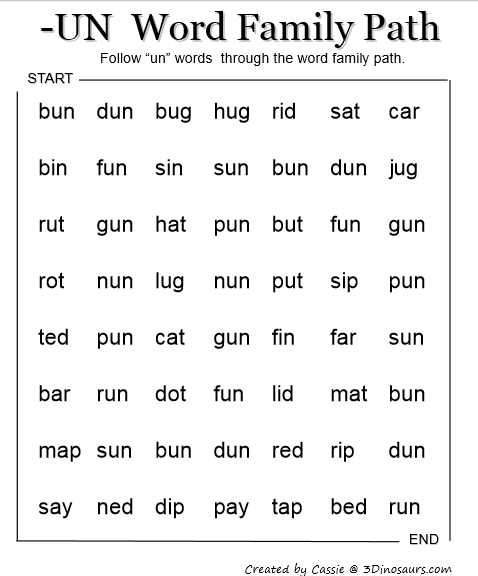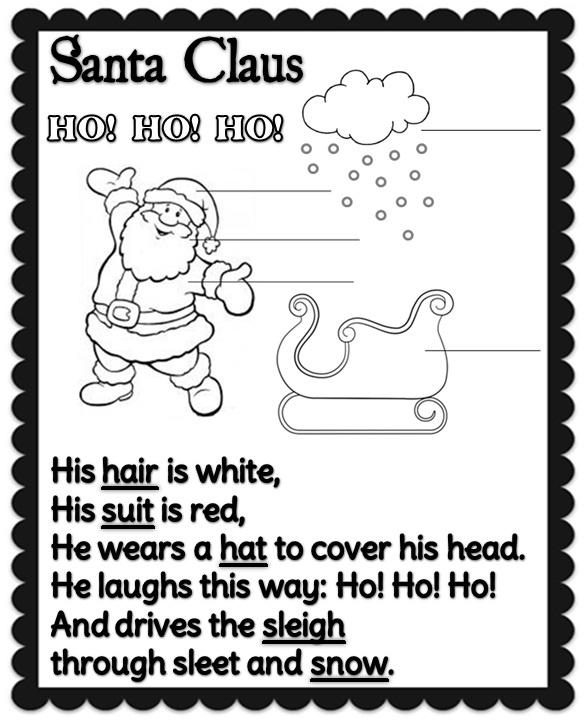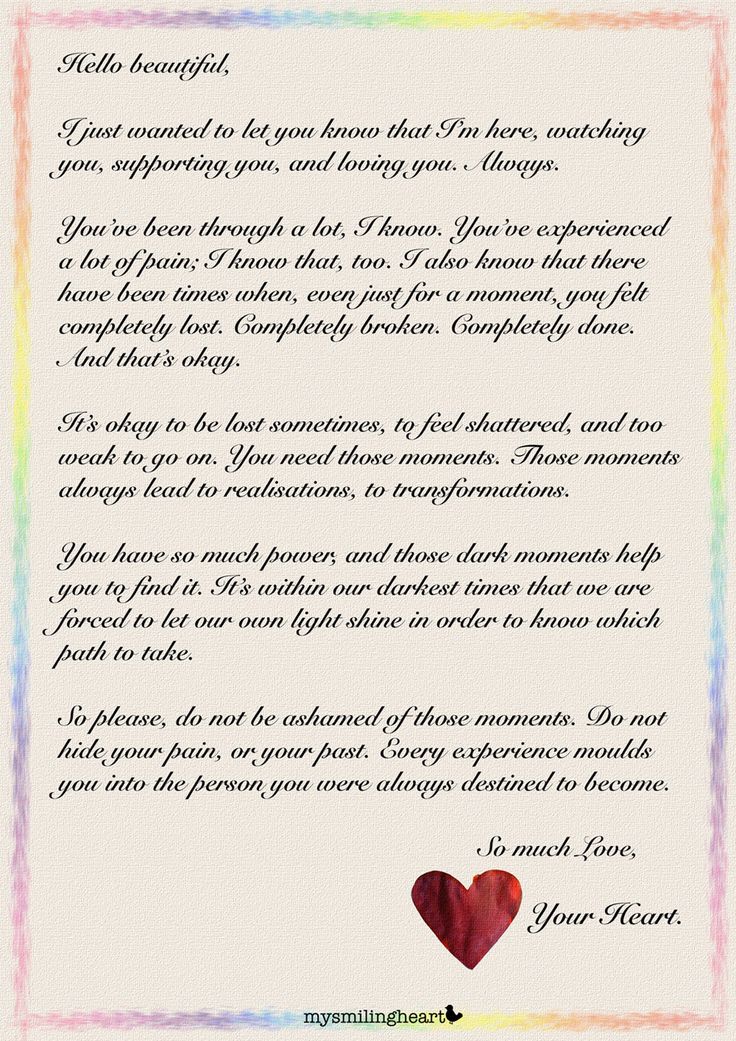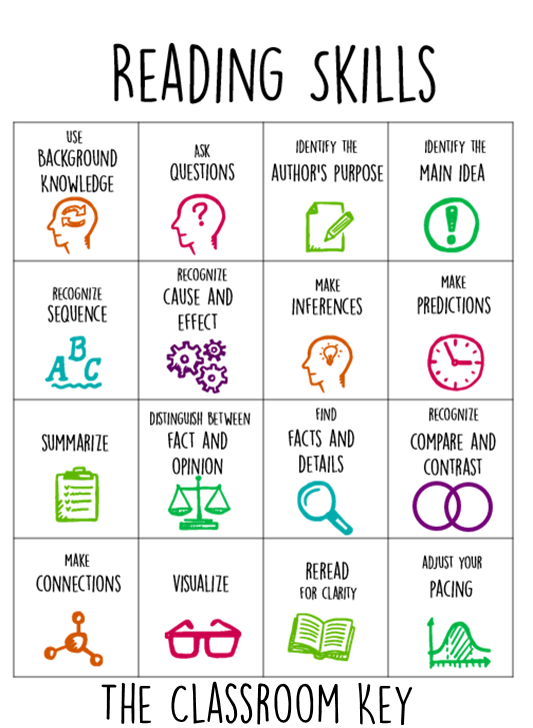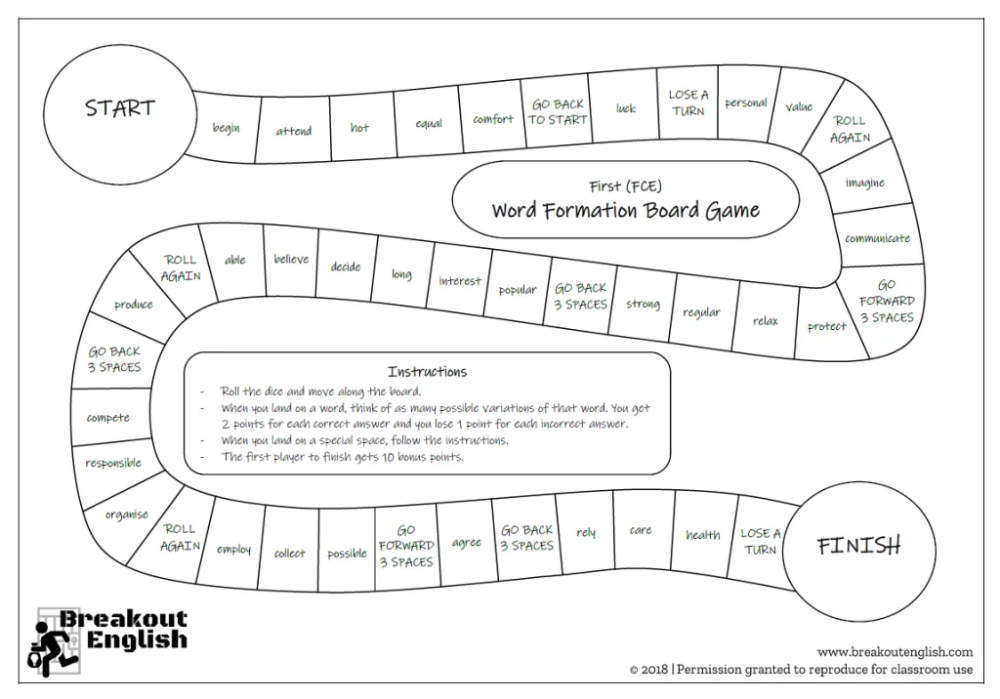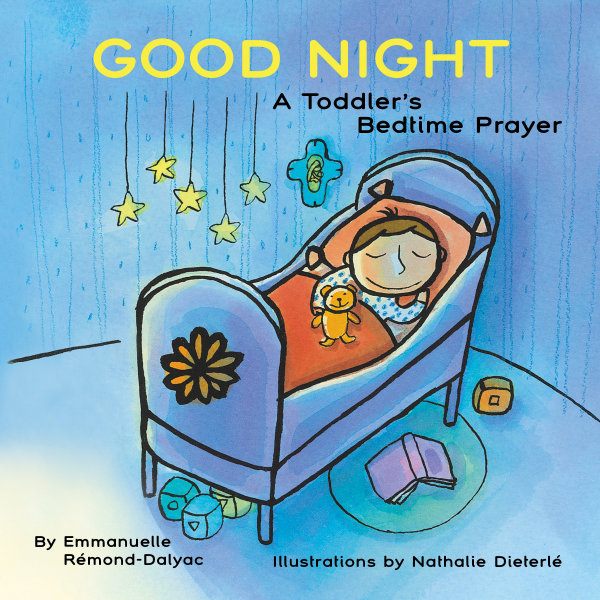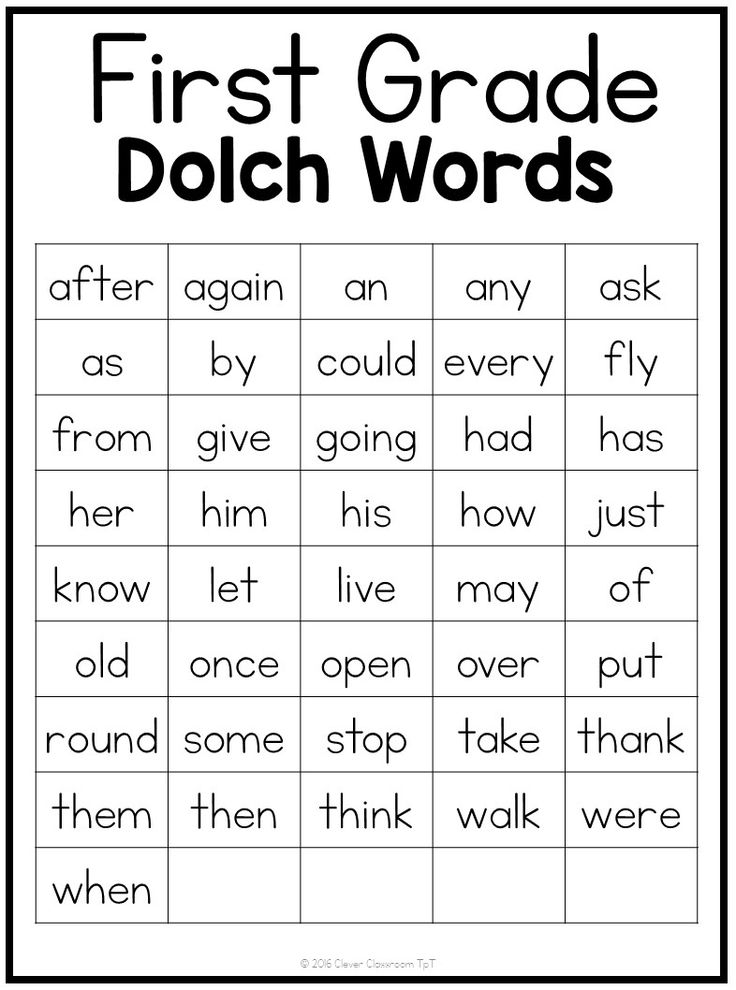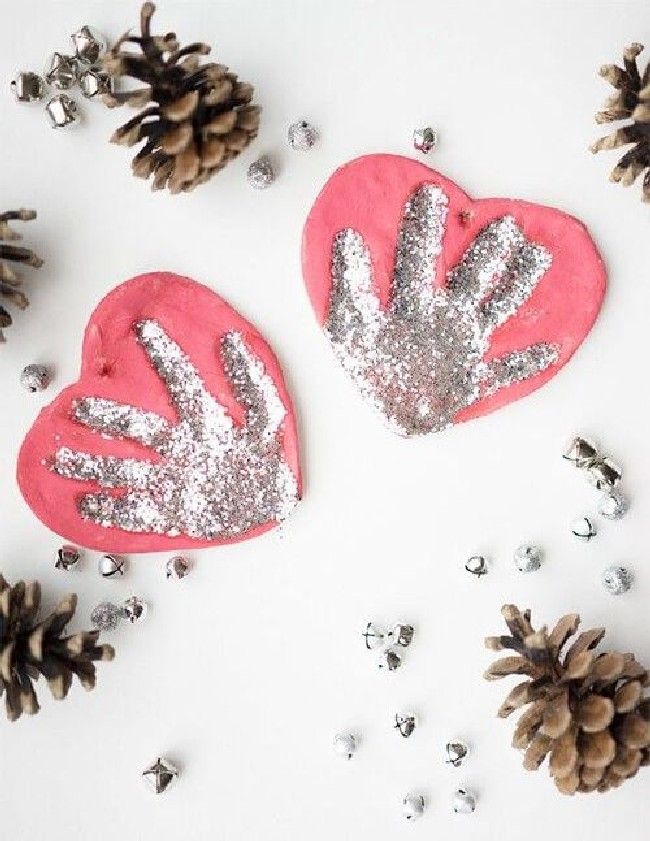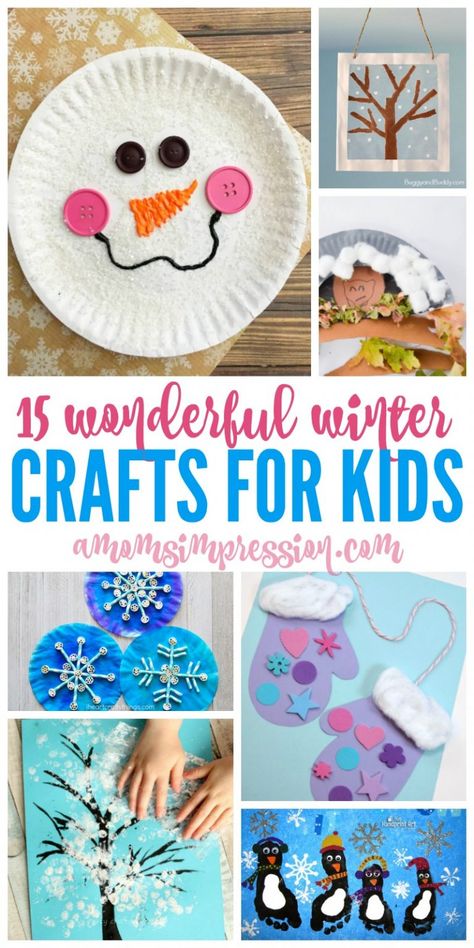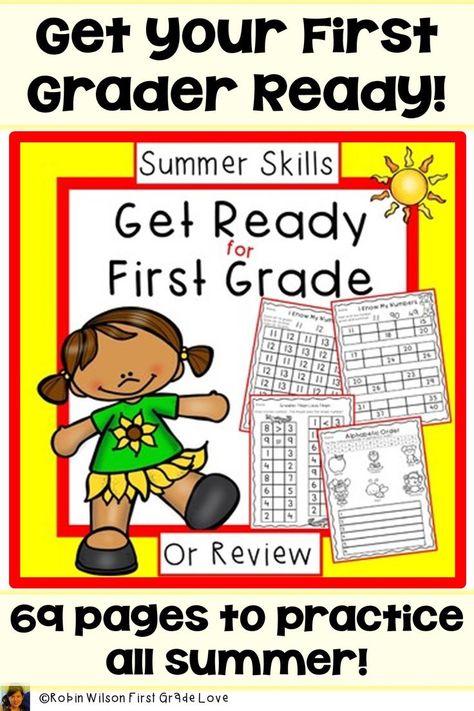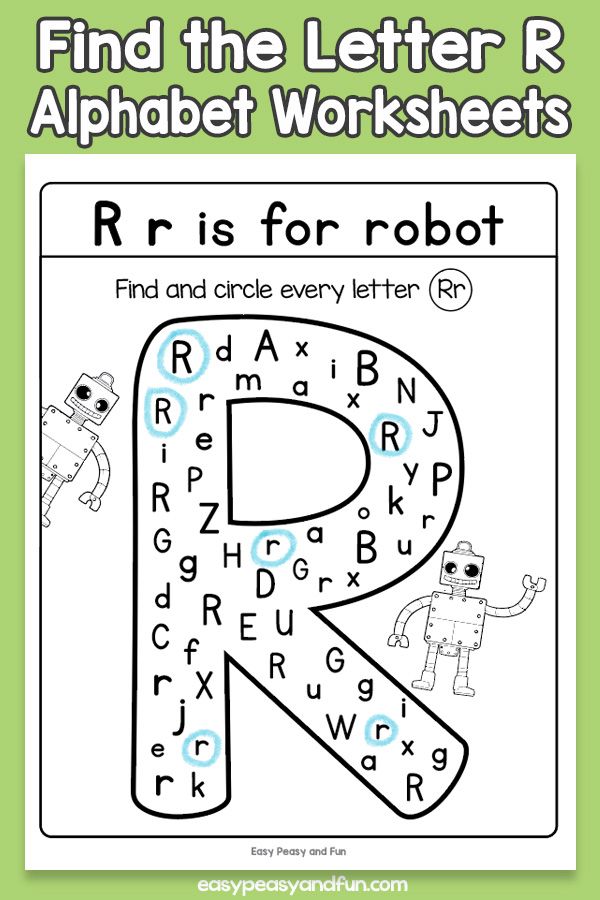List of rhyming words for preschoolers
List of Rhyming Words for Kids: Early Language Development
We all have memories of our childhood learning nursery rhymes and rhyming stories. Some people still remember the whole rhyming poem with the tone of it, this teaches us that rhyming words for kids are essential objects to develop early language abilities such as listening and speaking. Children with strong language abilities are shown to develop rigorous reading and writing skills.
Helping your child with recognition and identification of rhyming words helps them dually with verbal language polishing and the variety of vocabulary of the language. Introducing rhyming words to your younger ones also helps them with literacy in that language. Children learn to rhyme in three stages, they are not distinct from each other as they overlap with each other.
Learning courses for your kids! Get free trial here
Also read: Simple English Words for Daily Use for Kids: List Of Words for Kids to Use Daily
- Exposure – Introducing them with rhyming words can be as simple as singing a nursery song, hearing the particular pattern in the song can aid the learning of the song by the kid.
Exposing them to a variety of rhyming songs while reading and singing them together.
- Recognition – After singing and hearing the song child should be able to recognize the pattern of the rhyme also called rhyme recognition.
- Production – After exposure and recognition of rhymes your child will be able to produce rhyme themselves. Asking questions to rhyme simple daily used words such as jug, door, the cup will make them curious to explore more.
Also read: Opposite Words in English for Kids: Ways to Help them Improve their Vocabulary
How to Teach –
Many methods and materials are available to start the learning with rhyme for kids. Using multiple ways to teach them the concept of rhyming and introducing them with new words works better and kids also enjoy it.
Following are the common ways that can be used as an introduction with rhyming words for your kid list.
- Reading rhyme books, poems, and songs.
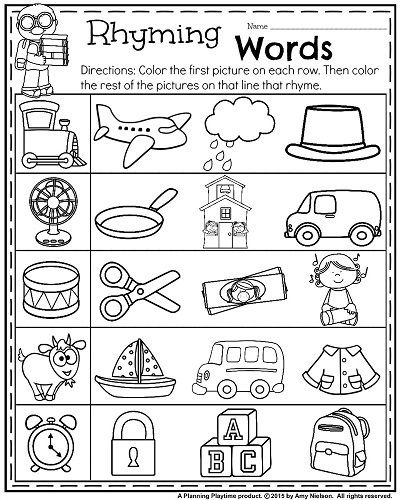
- Puzzles containing rhyming words.
- Clipping cards
- Lap books
- Rhyming dictionaries
Also read: Jolly Phonics Tricky Words for Kids: How to Teach Them to Kids?
List of Rhyming Words for Kids –
The following list of rhyming words is useful for nursery level and first-grade kids, as your child makes gradual improvement you can switch into more complex rhymes.
A) Rhyming words with “at”
- Bat
- Cat
- Fat
- Hat
- Mat
- Pat
- Rat
- Sat
- Vat
- Slat
- Brat
- Flat
- Chat
- Splat
- That
B) Rhyming words with “an”
- Ban
- Can
- Fan
- Man
- Pan
- Ran
- Tan
- Van
- Flan
- Plan
- Span
- Scan
C) Rhyming Words with “ab”
- Cab
- Dab
- Drab
- Fab
- Flab
- Grab
- Jab
- Nab
- Lab
- Slab
- Tab
- Crab
D) Rhyming Words with “ad”
- Add
- Bad
- Clad
- Dad
- Fad
- Had
- Lad
- Mad
- Pad
- Rad
- Sad
E) Rhyming Words with “all”
- Ball
- Call
- Fall
- Hall
- Mall
- Shawl
- Tall
- Wall
- Thrall
- Gall
F) Rhyming Words with “ag”
- Bag
- Flag
- Drag
- Gag
- Hag
- Nag
- Rag
- Sag
- Tag
- Wag
G) Rhyming Words with “ip”
- Ship
- Chip
- Clip
- Dip
- Drip
- Flip
- Grip
- Hip
- Kip
- Lip
- Nip
- Pip
- Rip
- Sip
- Slip
- Skip
- Snip
- Tip
- Trip
- Zip
H) Rhyming Words with “ap”
- App
- Cap
- Clap
- Flap
- Gap
- Lap
- Map
- Nap
- Rap
- Scrap
- Slap
- Snap
- Strap
- Snap
- Tap
- Trap
I) Rhyming Words with “id”
- Bid
- Did
- Hid
- Kid
- Lid
- Mid
- Rid
- Sid
- Grid
- Slid
- Skid
- Squid
J) Rhyming Words with “op”
- Bop
- Cop
- Crop
- Clop
- Drop
- Flop
- Hop
- Mop
- Plop
- Prop
- Shop
- Stop
- Swap
- Top
K) Rhyming Words with “am”
- Clam
- Cram
- Dam
- Gram
- Ham
- Jam
- Lamb
- Ram
- Slam
- Spam
- Tram
L) Rhyming Words with “ig”
- Big
- Dig
- Fig
- Gig
- Pig
- Rig
- Twig
- Swig
- Wig
- Brig
M) Rhyming Words with “ar”
- Are
- Bar
- Car
- Far
- Jar
- Scar
- Star
- Tar
- Ajar
- Guitar
N) Rhyming Words with “aw”
- Awe
- Caw
- Claw
- Draw
- Flaw
- Paw
- Raw
- Saw
- Straw
- Thaw
O) Rhyming Words with “ay”
- Bay
- Clay
- Day
- Gray
- Hay
- Jay
- Lay
- May
- Pay
- Play
- Pray
- Say
- Stay
- Spray
- Sway
- They
- Way
- Trap
Learning courses for your kids! Get free trial here
P) Rhyming words with “ell”
- Bell
- Cell
- Dell
- Fell
- Gel
- Sell
- Shell
- Smell
- SpellPTell
- Well
- Yell
Q) Rhyming words with “en”
- Den
- Men
- Pen
- Ten
- Then
- When
- Wren
- Zen
- Ben
- Ken
R) Rhyming words with “et”
- Bet
- Get
- Jet
- Let
- Met
- Net
- Pet
- Set
- Wet
- Yet
S) Rhyming words with “ew”
- Blue
- Blew
- Brew
- Chew
- Clue
- Crew
- Cue
- Dew
- Drew
- Ewe
- Flew
- Glue
- Grew
- Knew
- New
- Phew
- Shoe
- Shoo
- Stew
- Through
- Threw
- True
- Two
- View
- You
- Who
- Zoo
T) Rhyming Words with “in”
- Bin
- Chin
- Din
- Fin
- Grin
- Inn
- Pin
- Shin
- Skin
- Spin
- Twin
- Thin
- Tin
- Win
U) Rhyming Words with “it”
- Bit
- Fit
- Hit
- Kit
- Knit
- Lit
- Mit
- Nit
- Pit
- Sit
- Quit
- Skit
- Slit
- Spit
V) Rhyming Words with “od”
- Cod
- Bod
- Odd
- Nod
- Plod
- Prod
- Rod
- Squad
- Trod
- Pod
W) Rhyming words with “og”
- Bog
- Blog
- Cog
- Clog
- Dog
- Fog
- Frog
- Hog
- Jog
- Log
X) Rhyming words with “op”
- Top
- Chop
- Cop
- Crop
- Drop
- Flop
- Hop
- Mop
- Pop
- Shop
- Stop
Y) Rhyming words with “ot”
- Blot
- Cot
- Clot
- Dot
- Got
- Hot
- Knot
- Not
- Plot
- Pot
- Rot
- Shot
- Spot
Z) Rhyming words with “ow”
- Bow
- Brow
- Cow
- How
- Now
- Pow
- Sow
- Row
- Vow
- Wow
Conclusion
The rhyming words occupy the majority of our childhood, teaching kids nursery rhymes makes them more receptive and fun to learn.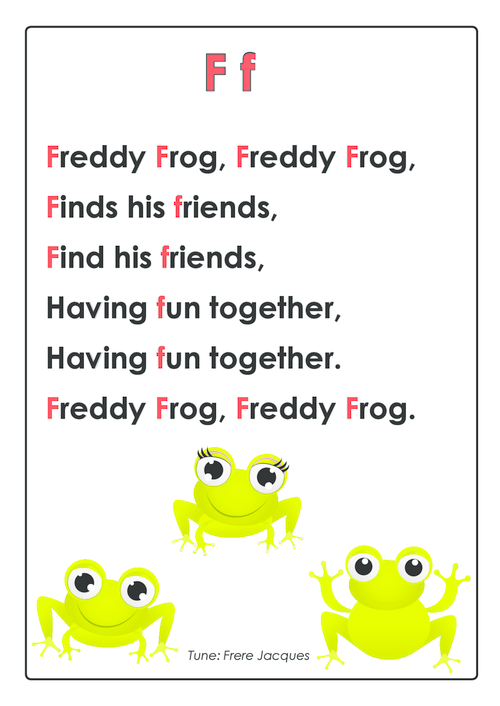 Learning rhymes is way more than just learning the words, it helps children with language development which is considered as one of the vital skills of communication, making them language smart. The successful implication of these rhyme words in front of the children can make them smart in spoken language.
Learning rhymes is way more than just learning the words, it helps children with language development which is considered as one of the vital skills of communication, making them language smart. The successful implication of these rhyme words in front of the children can make them smart in spoken language.
Building a rhyming skill little by little through nursery rhymes, reading rhyming stories, everyday object rhyming, and including other activities such as lap book, puzzles, word games. Teaching your kid rhyme words will solidify the foundation of their literacy, and give them an advantage of developed language skills. Hopefully, you found this article helpful. You can share your view with us by commenting in the below box.
Also read: Why do Kids Today have to Learn about Verbs, Adverbs, Pronouns etc? Why is Grammar Important?
Rhyming Words for Kids (Complete List)
Many of us have fond memories of learning nursery rhymes and rhyming stories when we were children.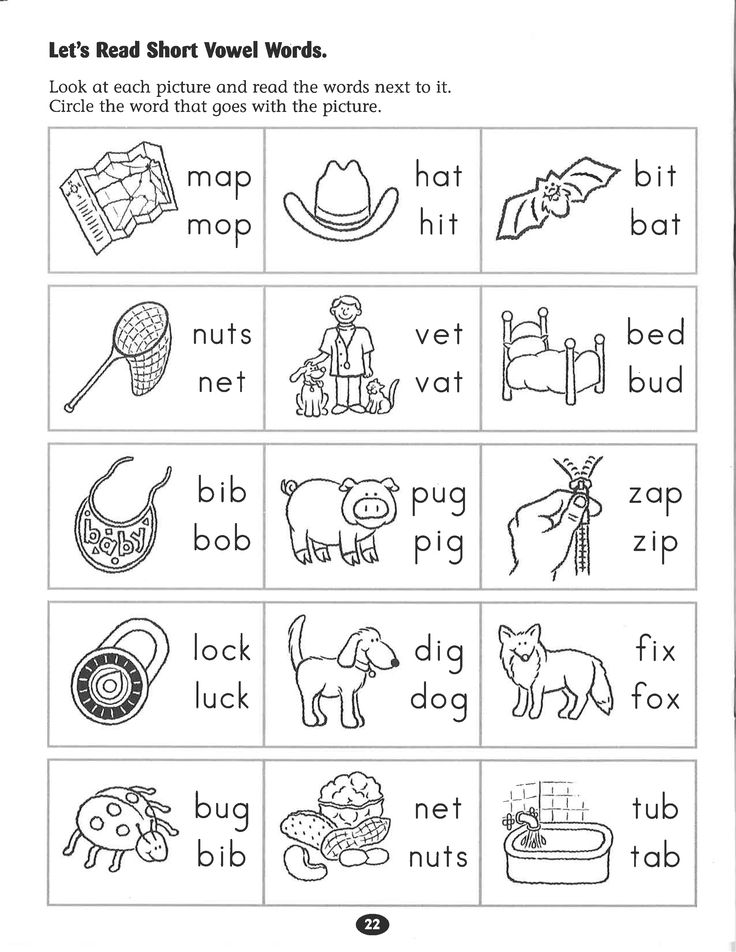
These tales are important because they expose children to rhyme, which is essential for language development. Children who have strong early language abilities, including listening and speaking, are shown to develop more robust reading and writing skills.
Helping your child recognize and use rhyme will help them first with their verbal language and then with their literacy. Introducing rhyming words for kids is an excellent way to do that.
Key Takeaways
- Rhyming helps children develop language and literacy skills.
- Children learn rhyming in three stages: exposure, recognition, and production.
- Make learning to rhyme fun with books, poems, songs, puzzles, and games.
- Start with simple rhyming words for younger kids and gradually introduce more complex words as they grow older.
Table of Contents
- How Do You Teach Rhyming Words To Children?
- Rhyming Words For Kindergarten
- Rhyming Words For First Grade And Older
- Any Time Can Be Rhyme Time
How Do You Teach Rhyming Words To Children?
Children learn about rhyme in three stages, although there is much overlap as they move from one step to another.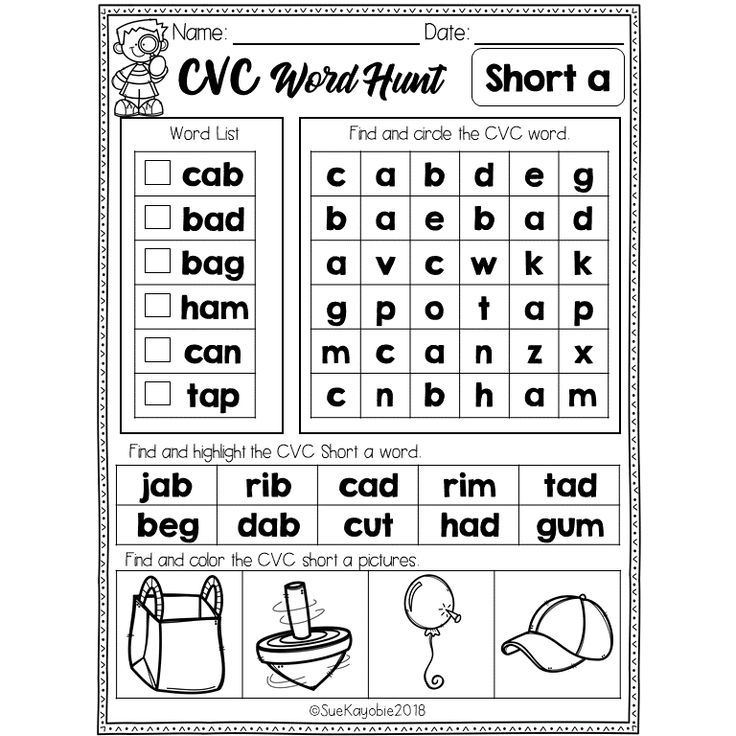
Rhyme Exposure
This is when your child hears rhyming words. This can be in songs while reading rhyming together, or elsewhere. At this stage, you should point out rhyming words to your child.
Rhyme Recognition
Once your child hears a rhyme and points it out, they have reached the stage of rhyme recognition.
Rhyme Production
Finally, your child will be able to produce rhyme themselves. They may take great pride in asking you questions, such as, “Do you know what rhymes with door? More!”
While this may seem like a small thing to you, to them it’s big. Make sure to show them that you’re impressed with their newly-found knowledge.
Ways To Teach Rhyming Words
Make learning to rhyme fun by using some of these methods.
Share Rhyme In Books, Poems, And Songs
Reading rhyming books and poems and singing together will expose your child to rhymes in a fun, relaxing way. Read the complete story or sing the entire song first and then go back and point out the rhymes.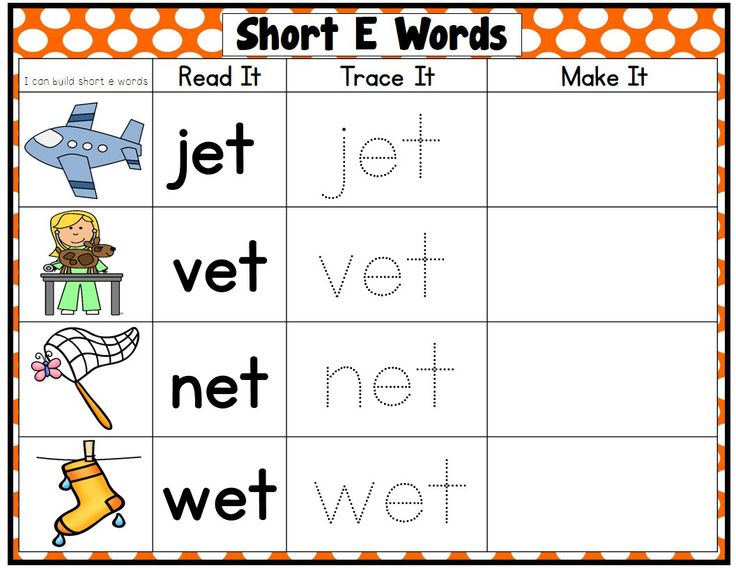
Then, when your child is aware of the concept of rhyming, ask them to point out the pairs of rhyming words they hear or read.
Once your child is familiar with rhymes, read or sing, but don’t say the second rhyming word. Instead, ask your child to provide a suitable rhyme.
Puzzles
Rhyme word puzzles are a fun way for your child to practice pairing up rhyming words.
Clip Cards
Not all rhyming words have the same spelling at the end. To prevent your child from becoming confused by the spelling, use peg cards where your child picks the correct rhyme according to the picture.
Lap Books
Create nursery rhyme lap-books with your child. First, print out the standard nursery rhyme and then have your child replace the original word with another of their own that rhymes.
Rhyming Dictionaries
Help your child find suitable rhyming words with a rhyming dictionary. These can be immensely helpful no matter what age you are, especially if you are a teacher, writer, or write lyrics for songs.
These can be immensely helpful no matter what age you are, especially if you are a teacher, writer, or write lyrics for songs.
Rhyming Words For Kindergarten
These are great options for those who are younger than kindergarten or those who are still working on completing that first year in school. These are simple words that won’t be too challenging for this age.
Words That Rhyme With At
- Bat
- Cat
- Fat
- Hat
- Mat
- Pat
- Rat
- Sat
- Vat
- Slat
- Brat
- Flat
- Chat
- Splat
- That
Words That Rhyme With An
- Ban
- Can
- Fan
- Man
- Pan
- Ran
- Tan
- Van
- Flan
- Plan
- Span
- Scan
Words That Rhyme With Ab
- Cab
- Dab
- Drab
- Fab
- Flab
- Grab
- Jab
- Nab
- Lab
- Slab
- Tab
- Crab
Words That Rhyme With Ad
- Add
- Bad
- Clad
- Dad
- Fad
- Had
- Lad
- Mad
- Pad
- Rad
- Sad
Words That Rhyme With All
- Ball
- Call
- Fall
- Hall
- Mall
- Shawl
- Tall
- Wall
- Thrall
- Gall
Words That Rhyme With Ag
- Bag
- Flag
- Drag
- Gag
- Hag
- Nag
- Rag
- Sag
- Tag
- Wag
Words That Rhyme With Ip
- Ship
- Chip
- Clip
- Dip
- Drip
- Flip
- Grip
- Hip
- Kip
- Lip
- Nip
- Pip
- Rip
- Sip
- Slip
- Skip
- Snip
- Tip
- Trip
- Zip
Words That Rhyme With Ap
- App
- Cap
- Clap
- Flap
- Gap
- Lap
- Map
- Nap
- Rap
- Scrap
- Slap
- Snap
- Strap
- Snap
- Tap
- Trap
Words That Rhyme With Id
- Bid
- Did
- Hid
- Kid
- Lid
- Mid
- Rid
- Sid
- Grid
- Slid
- Skid
- Squid
Words That Rhyme With Op
- Bop
- Cop
- Crop
- Clop
- Drop
- Flop
- Hop
- Mop
- Plop
- Prop
- Shop
- Stop
- Swap
- Top
Words That Rhyme With Am
- Clam
- Cram
- Dam
- Gram
- Ham
- Jam
- Lamb
- Ram
- Slam
- Spam
- Tram
Words That Rhyme With Ig
- Big
- Dig
- Fig
- Gig
- Pig
- Rig
- Twig
- Swig
- Wig
- Brig
Words That Rhyme With Ar
- Are
- Bar
- Car
- Far
- Jar
- Scar
- Star
- Tar
- Ajar
- Guitar
Words That Rhyme With Aw
- Awe
- Caw
- Claw
- Draw
- Flaw
- Paw
- Raw
- Saw
- Straw
- Thaw
Words That Rhyme With Ay
- Bay
- Clay
- Day
- Gray
- Hay
- Jay
- Lay
- May
- Pay
- Play
- Pray
- Say
- Stay
- Spray
- Sway
- They
- Way
- Tray
Words That Rhyme With Ell
- Bell
- Cell
- Dell
- Fell
- Gel
- Sell
- Shell
- Smell
- Spell
- Tell
- Well
- Yell
Words That Rhyme With En
- Den
- Men
- Pen
- Ten
- Then
- When
- Wren
- Zen
- Ben
- Ken
Words That Rhyme With Et
- Bet
- Get
- Jet
- Let
- Met
- Net
- Pet
- Set
- Wet
- Yet
Words That Rhyme With Ew
- Blue
- Blew
- Brew
- Chew
- Clue
- Crew
- Cue
- Do
- Dew
- Drew
- Ewe
- Flew
- Glue
- Grew
- Knew
- New
- Phew
- Shoe
- Shoo
- Stew
- Through
- Threw
- True
- Two
- View
- You
- Who
- Zoo
Words That Rhyme With In
- Bin
- Chin
- Din
- Fin
- Grin
- Inn
- Pin
- Shin
- Skin
- Spin
- Twin
- Thin
- Tin
- Win
Words That Rhyme With It
- Bit
- Fit
- Hit
- Kit
- Knit
- Lit
- Mit
- Nit
- Pit
- Sit
- Quit
- Skit
- Slit
- Spit
Words That Rhyme With Od
- Cod
- Bod
- Odd
- Nod
- Plod
- Prod
- Rod
- Squad
- Trod
- Pod
Words That Rhyme With Og
- Bog
- Blog
- Cog
- Clog
- Dog
- Fog
- Frog
- Hog
- Jog
- Log
Words That Rhyme With Op
- Top
- Chop
- Cop
- Crop
- Drop
- Flop
- Hop
- Mop
- Pop
- Shop
- Stop
Words That Rhyme With Ot
- Blot
- Cot
- Clot
- Dot
- Got
- Hot
- Knot
- Not
- Plot
- Pot
- Rot
- Shot
- Spot
Words That Rhyme With Ow
- Bow
- Brow
- Cow
- How
- Now
- Pow
- Sow
- Row
- Vow
- Wow
Rhyming Words For First Grade And Older
These are useful rhyming words for first graders and above with an expanding skillset.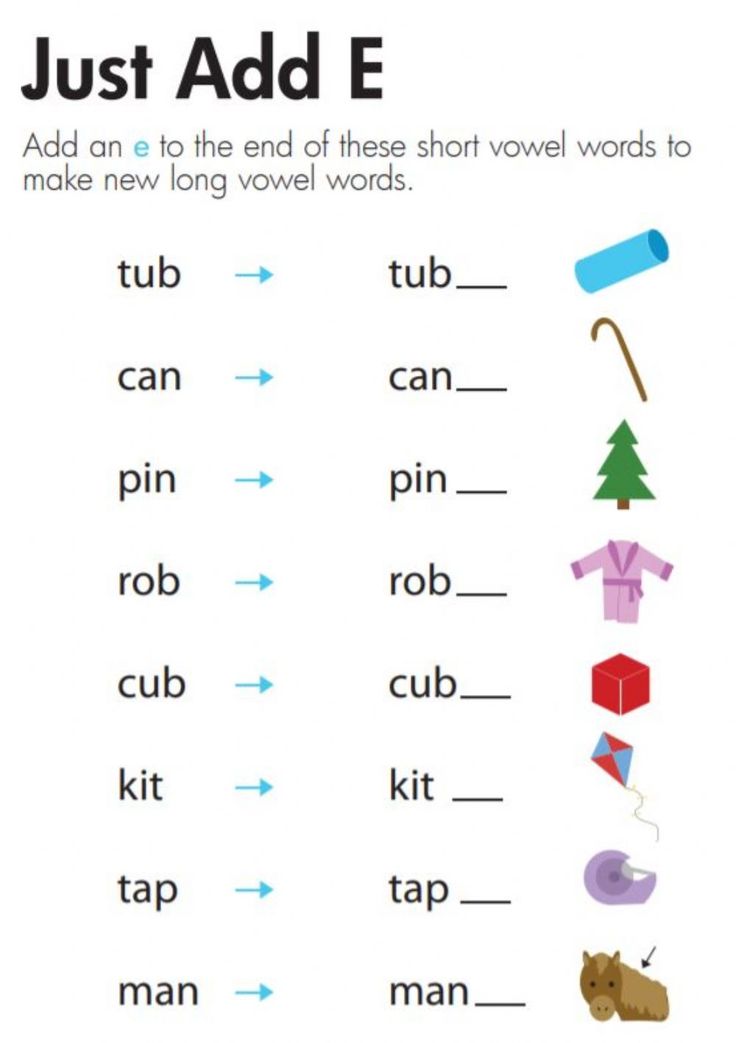
Words That Rhyme With Ake
- Ache
- Bake
- Cake
- Brake
- Break
- Fake
- Flake
- Lake
- Make
- Quake
- Rake
- Sake
- Take
- Sneak
- Steak
- Stake
- Wake
Words That Rhyme With Ale
- Bail
- Bale
- Kale
- Dale
- Fail
- Hail
- Male
- Nail
- Pail
- Pale
- Rail
- Sail
- Snail
- Sale
- Stale
- Tail
- Tale
- Trail
- Whale
- Detail
- Toenail
Words That Rhyme With Ain
- Brain
- Cane
- Chain
- Crane
- Drain
- Gain
- Grain
- Lane
- Mane
- Main
- Pane
- Pain
- Plain
- Plane
- Reign
- Rain
- Sprain
- Stain
- Strain
- Train
- Again
Words That Rhyme With Or
- Door
- Chore
- Core
- Four
- For
- Sore
- Floor
- Door
- More
- Oar
- Snore
- Soar
- Store
- Score
Words That Rhyme With School
- Cool
- Cruel
- Drool
- Fool
- Fuel
- Ghoul
- Jewel
- Mule
- Pool
- Spool
- Tool
- Who’ll
- You’ll
- Yule
Any Time Can Be Rhyme Time
Whether you are playing rhyme I-spy, singing nursery rhymes, or reading a book of children’s poems, the time you spend sharing rhymes with your child is helping them develop spoken language.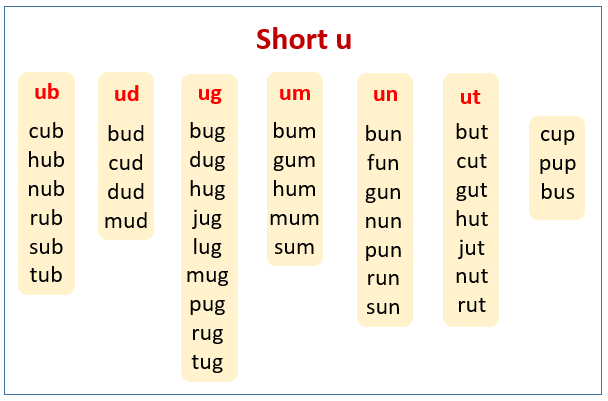
Build a little rhyme time into every day and give your child an advantage.
Introducing rhyming words is an excellent way to lay a solid foundation for literacy.
Feedback: Was This Article Helpful?
Thank You For Your Feedback!
Thank You For Your Feedback!
What Did You Like?
What Went Wrong?
Rhymes for children 5-7 years old
23.01.2023
Rhyming miniatures are an excellent tool to develop phonemic hearing and linguistic flair in preschoolers. This exciting activity is very important for the full mental development of the child. Useful recommendations will help adults make the process of learning rhymes more effective.
We all remember the lines of children's poems memorized in early childhood. After all, simple rhymes are involuntarily deposited in our memory. That is why it is very important to use rhyming texts when studying with preschoolers. Such unpretentious, at first glance, poems help to lay the first moral values in the kids, to significantly increase their vocabulary.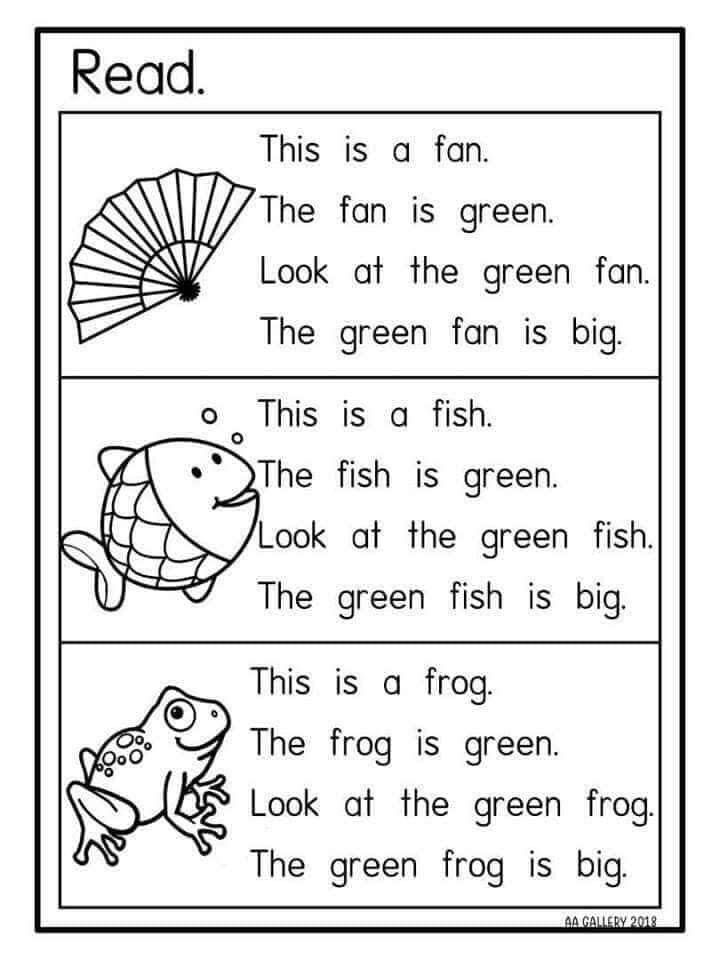
Contents:
- The meaning of rhyme for the development of the baby
- Explaining the concept of rhyme to a child
- Consistently teaching the child to compose rhyming texts
- Burime: suggesting rhymes to a preschooler
- Rhyming games for children 5-7 years old
The importance of rhyme for the development of a child
Poems are the first works that adults introduce to preschool children. From birth, mothers tell nursery rhymes and jokes to babies, sing lullabies. Interestingly, our ancestors did this intuitively, of course, not knowing that poetic forms have a positive effect on the mental development of an infant. Already in the 20th century, scientists proved how important it was to communicate with a child earlier, reading literary works to him.
Although at first the baby does not understand the meaning of what he heard, he gets used to his mother's speech, feels her rhythm, he likes emotionally colored expressive reading.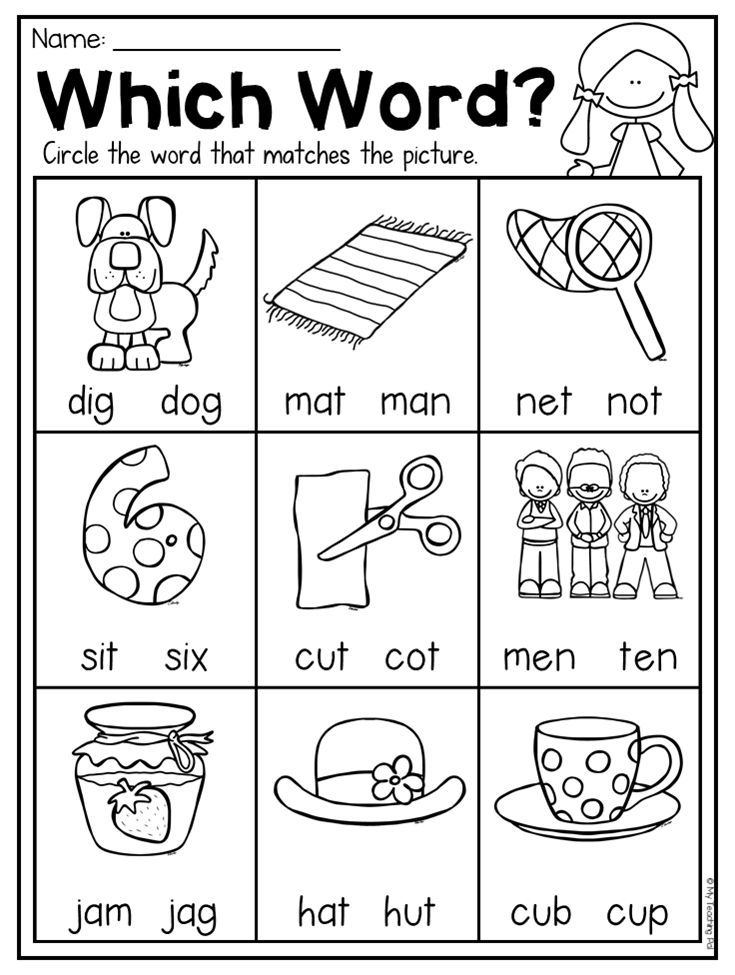 At the same time, the baby perceives rhyming lines best of all. Words similar in pronunciation are easier to remember due to associative links. As the baby grows older, he begins to repeat verses himself, which is very important for the development of speech, it trains the brain well. Parents should encourage this activity, and a little later encourage the child to independently select words to rhyme. Such verbal exercises are not only exciting, but also useful, as they develop auditory perception, phonemic hearing, and linguistic flair.
At the same time, the baby perceives rhyming lines best of all. Words similar in pronunciation are easier to remember due to associative links. As the baby grows older, he begins to repeat verses himself, which is very important for the development of speech, it trains the brain well. Parents should encourage this activity, and a little later encourage the child to independently select words to rhyme. Such verbal exercises are not only exciting, but also useful, as they develop auditory perception, phonemic hearing, and linguistic flair.
Explaining the concept of rhyme to a child
What is rhyme? This is a combination of words that are similar in pronunciation and have the same stressed vowel. For a preschooler, the concept of rhyme can be simplified - designate it as "words that sound similar." In poems that are designed for younger preschool age, exact rhymes are usually used, for example, accordion - potatoes, bag - pot, bear - bump . In poetry, which is offered to older children, you can already find more complex rhymes, for example, black ice is not going.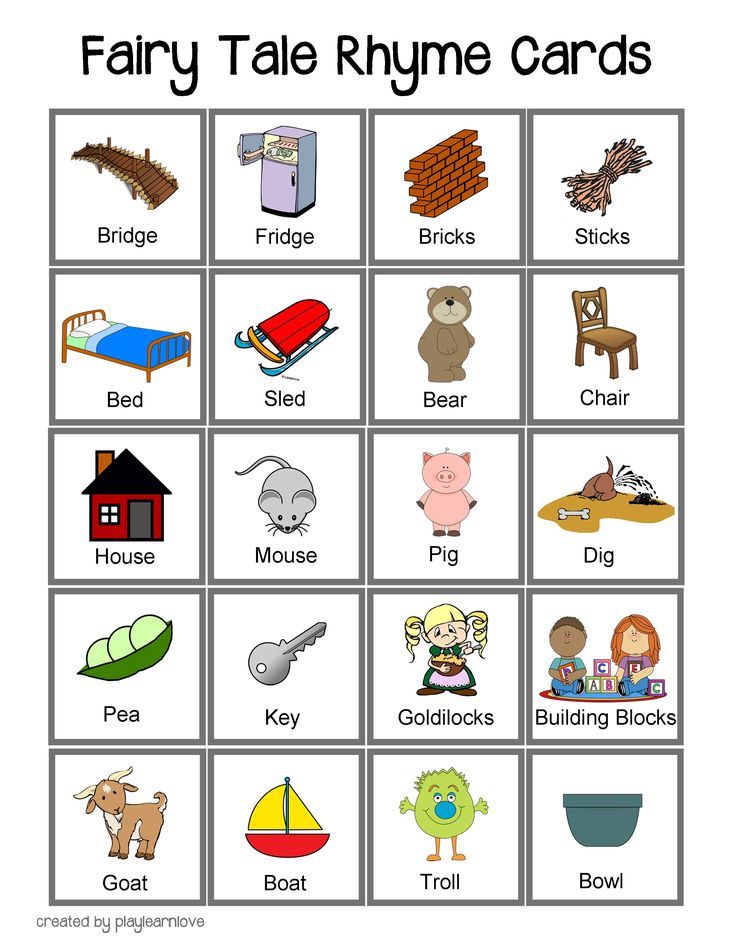
What are the types of rhymes:
- Male. Here the stress is always on the last syllable ( ram - drum ).
- Women's. The stress is on the penultimate syllable ( Masha - porridge ).
- Dactylic. Here the stress is on the third syllable from the end of the word ( cat - at the window ).
- Hyperdactylic. The stress is on the fourth, fifth or sixth syllable from the end ( bounces - winks ).
Sequentially teaching the child to write rhyming texts
Older preschoolers usually like to rhyme words and compose simple verses. Parents and kindergarten teachers should definitely encourage these verbal experiments. After all, they well develop imagination and a sense of the beauty of their native language. In the future, such a child will better perceive poetry.
Teaching a preschooler to rhyme texts should be done in stages.
- We introduce the child to the concept of rhyme, explain that the words that rhyme are always at the end of the line.
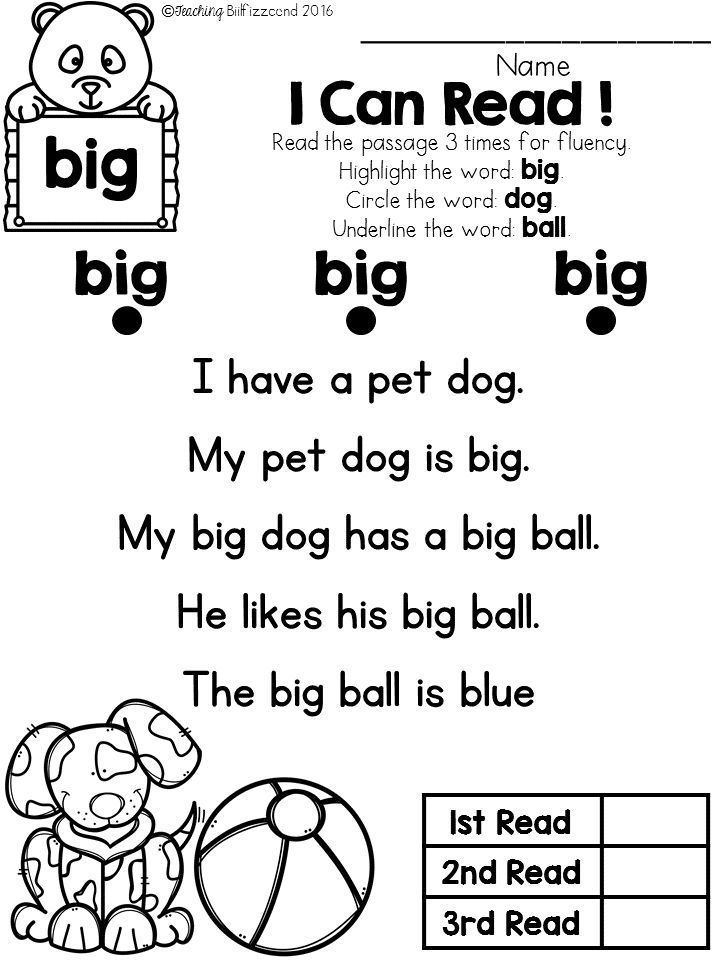
- We propose to compose a small poem according to a certain algorithm, for example: 1) Once upon a time ... 2) What was he or what was his name. 3) What did. 4) Conclusion about this character.
- We select a rhyme. An adult, together with a child, composes a poem according to the algorithm.
- A preschooler tries to compose poetry himself.
It is unacceptable to push the baby, to put too much pressure on him or to be ironic about his first poetic experiments. The child should be captivated by the process of writing texts. Gradually, he will learn to create rhymes without the help of an adult.
Burime: suggesting rhymes to a preschooler
A great idea is to invite a 5-7 year old child to play the literary game burime. It consists in composing poems to given rhymes. This game originated in the 17th century in France and quickly gained popularity in high society. In the classic version, entertainment has several rules:
- rhymes cannot be changed;
- they must be heterogeneous;
- The theme of the poem is agreed in advance.
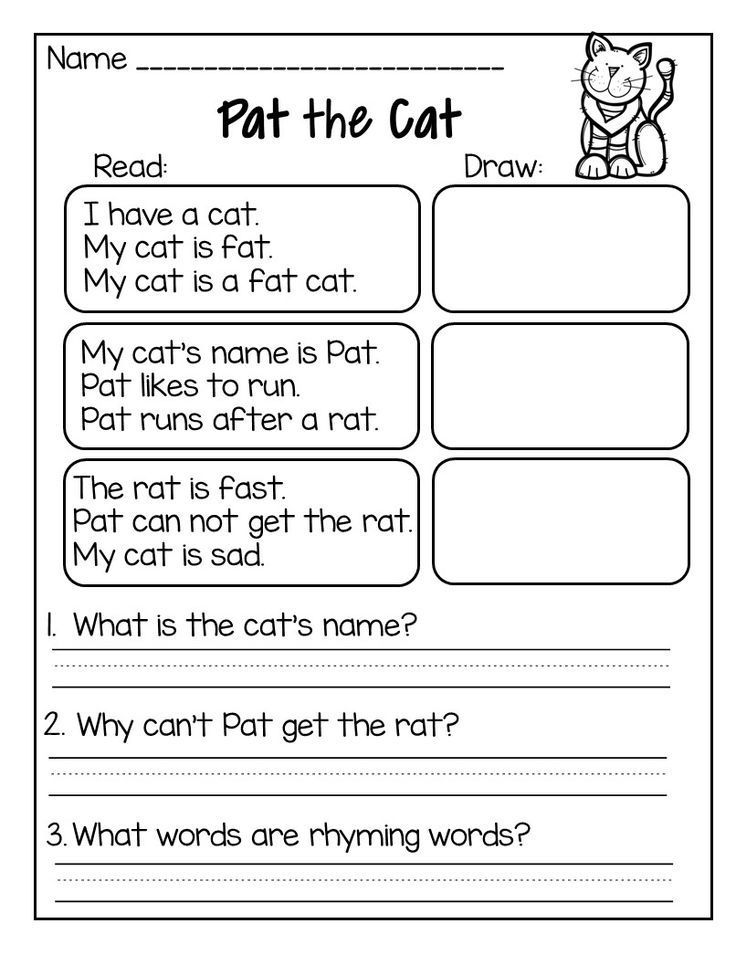
For children, the game should be adapted to the child's age and individual abilities.
Consider the example of burime. A couple of words “ ant - sparrow ” are taken. Next, you need to come up with sentences with these words (one for each). Usually the kid makes a simple non-common sentence, for example, “ the ant is crawling ”, “ the sparrow is flying ”. An adult, with the help of leading questions, helps to complete the sentences: where is the ant crawling? What is he crawling with? The result is something like this:0103 An ant crawls along the path with a reed,
And a sparrow flies after him.
Rhyming games for children aged 5-7
At preschool age, a child learns everything through play. Fascinating tasks for the selection of rhymes should be offered not only at home, but also on a walk, on the road, in a long queue. In addition, an interestingly organized game will be a great alternative to cartoons and a tablet.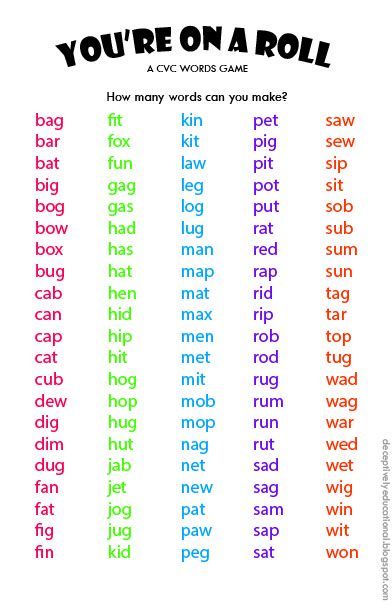 Here are examples of such tasks:
Here are examples of such tasks:
- The pictures show various items. They rhyme with each other. The task of the child is to connect them with lines.
- The child must guess funny riddles, where the answer is supposed to rhyme, for example:
A mouse rustled in the pantry,
There was ... (cone) under a pine tree.
The boy is crying very loudly -
He hurt ... (finger) with glass.
The mouse saw a crust,
Dragged it into ... (mink). - The child is offered chains of three words. In each you need to find rhyming words and an extra word, for example:
cat, dwarf, tummy;
place dough, cake;
toy, cracker, empty. - An adult calls the word, and the children must come up with as many rhymes for the word as possible.
- The adult repeats a certain syllable and stops when the kid says a rhyme to it, for example:
ry-ry-ry-ry - mosquitoes;
va-va-va-va - head;
ko-ko-ko-ko - milk.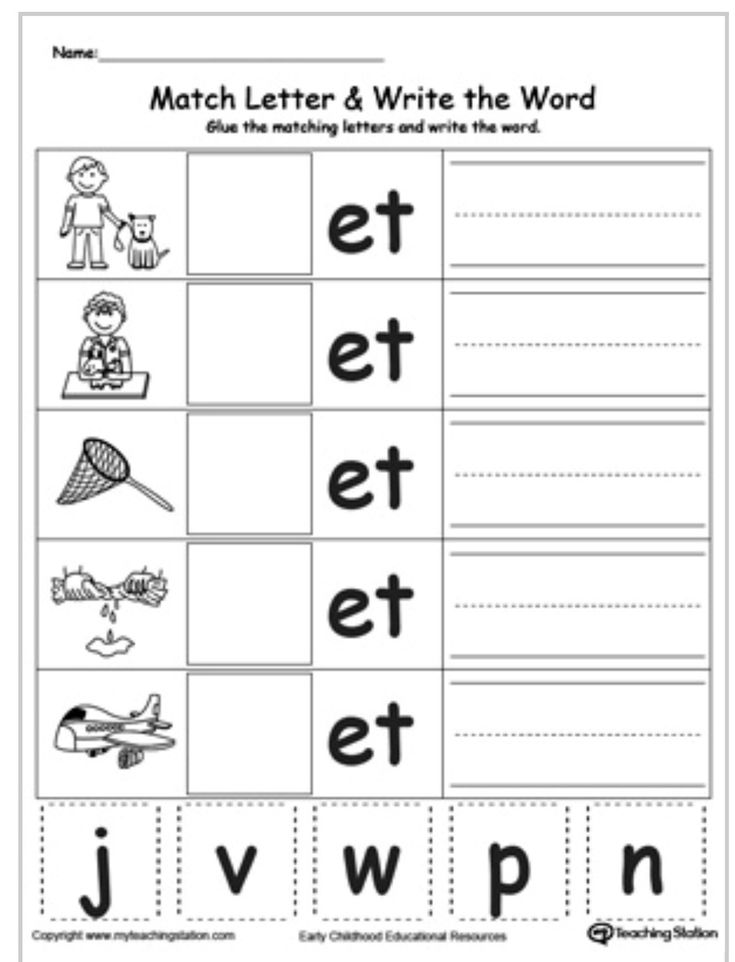
Thus, any interested adult can teach a preschooler to rhyme words and compose simple poems. This exciting activity will be great entertainment for the child, arouse interest in their native language, and help them to study more successfully at school in the future.
45 words with "remembrance books" that will be useful to schoolchildren and adults - Teacher's newspaper
No matter how you learn accents, you can still get confused at the most inopportune moment. We tried to speak correctly, but many around speak differently, and we begin to echo them. "Gramotator" has repeatedly addressed the topic of stress. But questions from our readers keep coming. And today we decided to offer a mini-dictionary of the most problematic nouns with rhymes for memorization. They will be useful both in life and on the exam. And as a daily cheat sheet, you can use our cards.
Noun stresses
Letter A
Asymmetry
The stress in this word falls on the last syllable. The “asymmetry” familiar to many is wrong. Although some dictionaries provide such an option as the only or alternative, they are in the minority. And it is asymmetry that corresponds to a strict norm. Our rhyme will help you remember this.
Allergy occurs,
When there is asymmetry all around
Airport
The stress in all forms, except for the prepositional case, falls on -port-. In the prepositional case, the stress falls on the ending when we talk about the place (where) - at the airport, and on - the port when we talk about the airport. Let's learn " memo " and never make a mistake.
Airport
Settled in comfort -
Satisfied with the airport.
At the airport (where, about the place)
How the liner is gaining altitude,
You will only see it at the airport.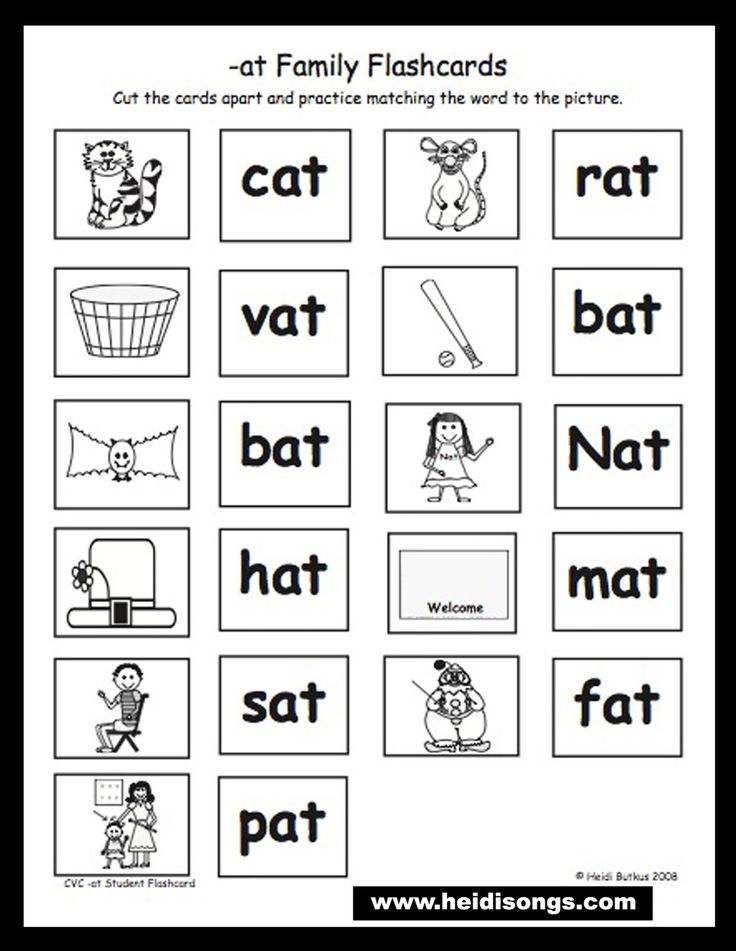
About the airpoor (about which)
Read news about sports,
And read - about the airpore
Aero -Orthods (multiple)
We love the resorts,
We hasten to airpoons.
Letter B
Bows
This is one of the few two-syllable nouns in which the stress in all forms and plural falls on the last syllable. Here, too, it is enough to remember the word "bow" and simply substitute endings for it, without changing anything. Well rhyme will help.
piping on the shirt,
bows on the head
Boutique
The word came from the French language, which means that the stress falls on the last syllable. The main thing to remember is that the stress will stand when changing the word in cases and in the plural. And rhymes will help to fix.
Light and shine -
Just chic
This brand new boutique
Boutique
Blackmark Sign
At a fashionable butter
Boutik
was surprised by the blitches
Above expensive boutique
in Butik
Buchi (plot.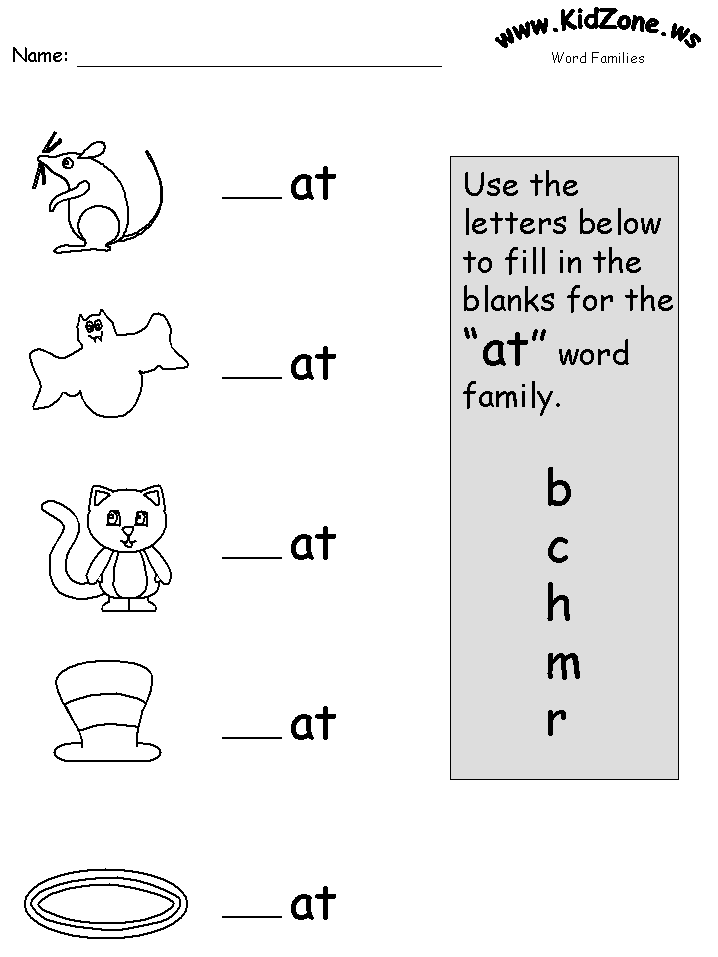 Blueberries, lingonberries and strawberries
Blueberries, lingonberries and strawberries
Do not sell beautiful fashion boutiques
Accountant
Directors, professors have long turned into directors and professors, shifting the emphasis to the ending. But accountants are not one of those. The stress in this word is invariable and in all forms of the plural falls on the root.
A “Memorinary ” will help not to forget:
accountants (multi -d.), Accounters
Good Harakters
have all accountants,
A have poor haracts
.
Letter B
Widowhood
The stress in this word always falls only on the last syllable. It does not change with the declension of the noun.
You can't do without « memory sticks »:
Magic for Christmas
Widowhood instantly crumbled.
Religion
Despite the fact that many stubbornly say religion, the correct option is only religion.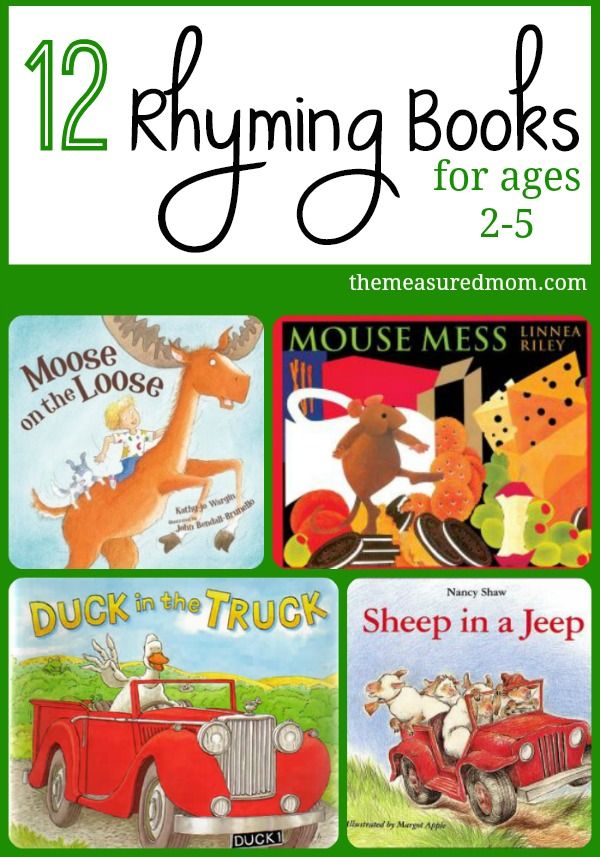 And nothing else. Let's remember the word "know", it will help to correctly place the stress. And you can also come up with rhyme , so as not to make a mistake.
And nothing else. Let's remember the word "know", it will help to correctly place the stress. And you can also come up with rhyme , so as not to make a mistake.
I know - I don't know,
What I confess.
I don't know at all
Religion.
Ages
In the plural, as in "accountants", the stress in the word "age" remains unchanged, on the first syllable - ages. Saying and writing "age" is incorrect. And the classic will help to remember this:
All ages are submissive to love.
Download this flashcard to help you memorize complex accents faster. And we go further - before us are the words with the letter "g".
Letter G
Rake
When the word “rake” is changed, the stress will not move anywhere - it will remain on the first syllable, whether we rejoice at the rake, work at the rake or think about the rake.
Rhyme will help you remember easily:
Hands are already cold -
How can we hold the rake?
Rake
Forehead covered with drops
From working with a rake.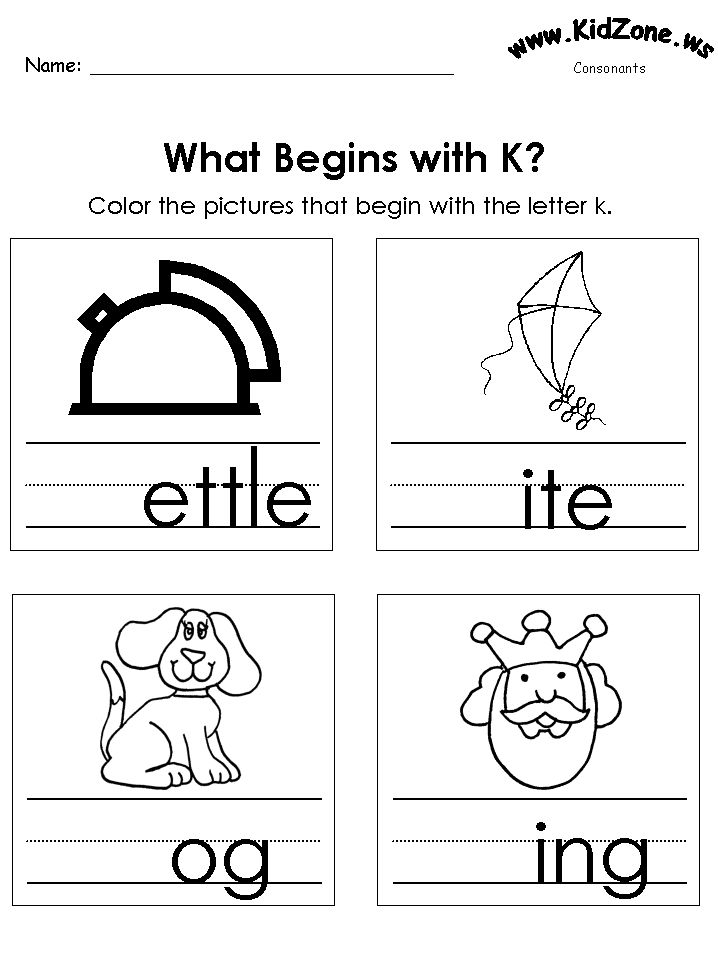
Rake or rake
There is no rake in the barn,
I had to work with a saber.
Corrugated
Amazing word! Most pronounce it incorrectly, and the emphasis here falls not on the second, but on the third syllable - corrugated. By analogy with "pleated". So let's remember, and rhyme will help with this.
Pleated skirt,
A pleated bow.
Corrugated can be not only a bow, but also hair tongs, and a hose, and metal. However, the emphasis will not change.
Letter D
Door
When changing the word “door”, the accent almost always remains on the root. And only in one case - if we are talking about the door as a place - the emphasis will go to the ending.
To the door
At the door
But (hanging) on the door.
And it’s better to remember and not get confused, it will help rhyme about wild animals:
Wild animals came to the door -
They knew that crackers
The owner left them on the door.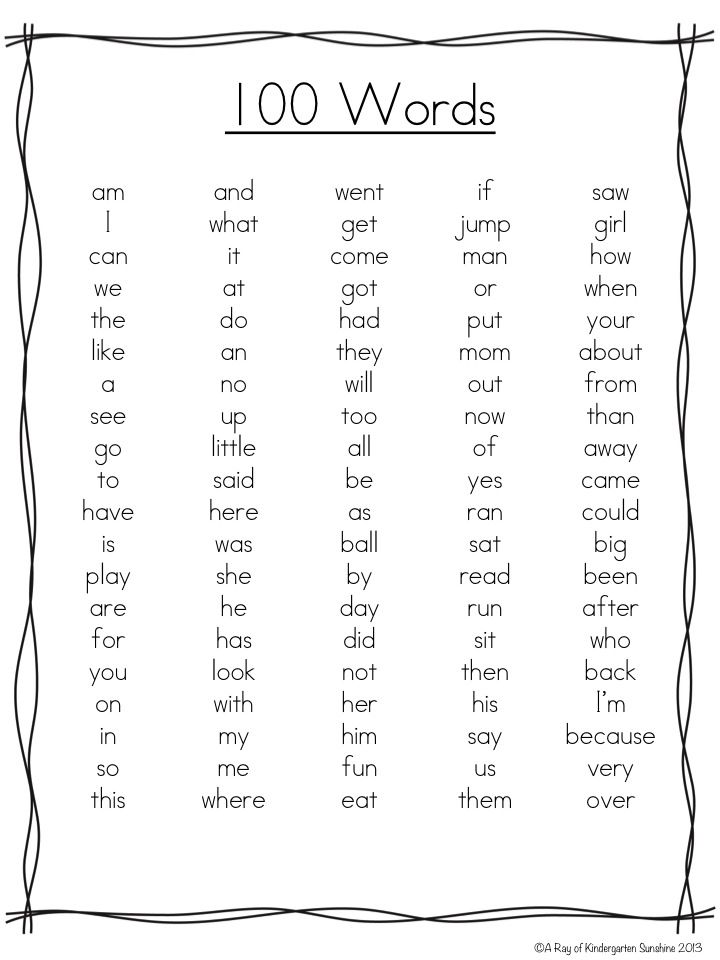
Dispensary
The word is of French origin, and therefore the stress falls on the last syllable. The word "dispensary" does not correspond to the norm. Only the dispensary is correct. The stress will not change when the word is declined. And “ memorizer ”
Engineer says
The word is correct – dispensary.
Agreement and agreements
Frequently used "agreements and agreements" under strict prohibition! Only contract and contracts.
Let's remember rhyme and we won't make mistakes:
Have a conversation with a lawyer,
To conclude an agreement.
But talking won't help
Making contracts.
Letter I
Iconography
Surprisingly, the stress in this word falls on the first syllable. And, although from the word “icon” one really wants to say “icon painting”, this should not be done.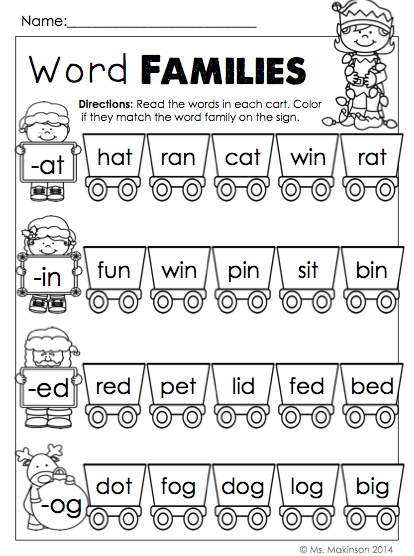 Rhyme :
Rhyme :
Turned out today
What is right - iconography.
Game
The word, although old, is used in modern speech, including in a figurative sense. As in the previous word, the stress here falls only on the first syllable. No games allowed! And " memorizer ":
Came in a monster costume
At the school for a game.
Letter K
Catalog
Words ending in -log have different stresses. In the word catalog, as in the words dialogue, monologue, prologue, epilogue, the stress falls on the last syllable. There is no word catalog. Rhyme will help you not to get confused.
We started a dialogue,
We are discussing the catalogue.
Containers
And somewhere, there are probably containers, because that's what they say very often. However, the stress here is stable and in all forms of the word falls on the second syllable - containers.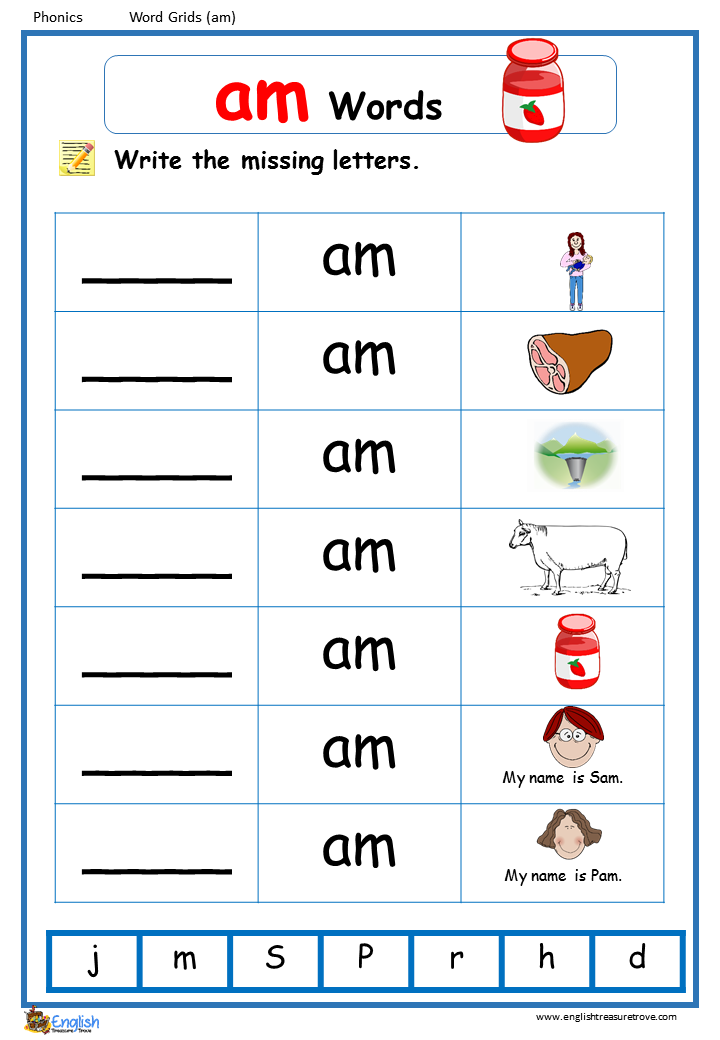 It never carries over to the end.
It never carries over to the end.
Let's remember "accountants" and "ages" and just remember.
And again, our cheat sheet, which you can download and use to memorize difficult accents.
The letter M
In a glimpse
Another difficult word, who says “briefly”, and who says “briefly”. Unfortunately for many, the second option is wrong. The stress in the word "glimpse" falls on the first syllable. There are no exceptions. You can come up with your own associations to remember, or you can learn our rhyme :
Write very small,
0002 If we don't want to push garbage into the wires, then we shouldn't say garbage chute. Garbage can only be thrown into the garbage chute. The stress in this word falls on the last syllable. As in other "wires" - a gas pipeline, a pipeline, an oil pipeline. And it will help to remember rhyme :
The whole rather big passage
The garbage chute occupied.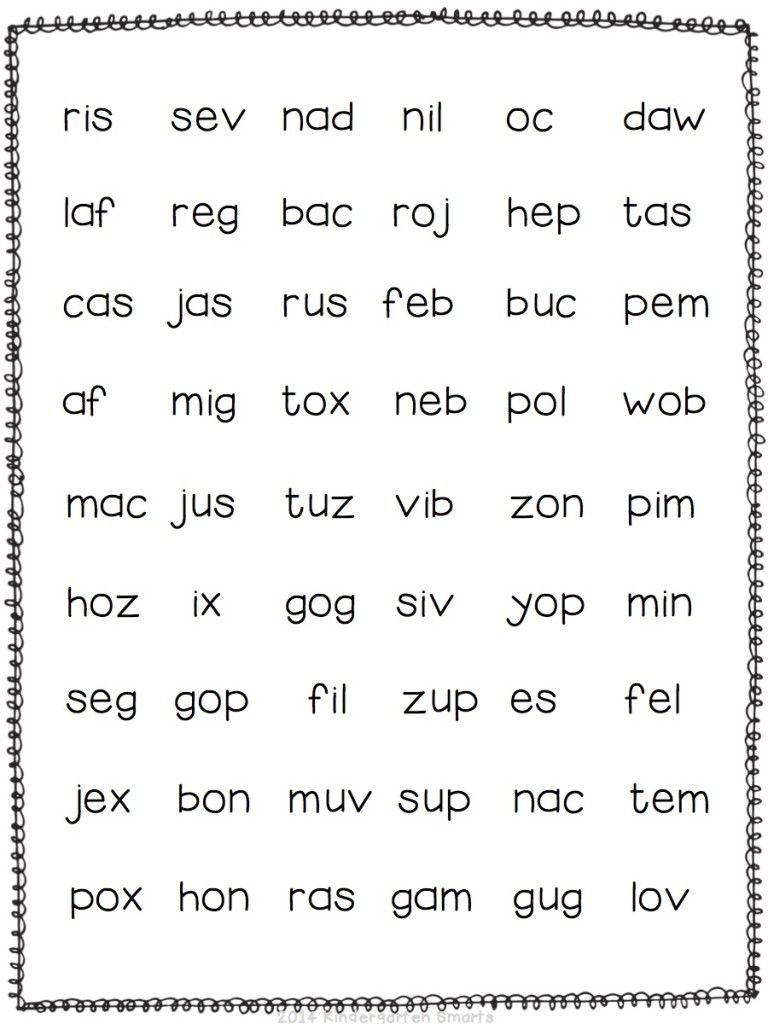
Letter H
Nakid
It would seem that this word should not cause difficulties. But it turned out that there is some professional slang - many knitters say nakid, throwing a loop on a knitting needle. However, there are no exceptions here. Only nakid is correct - in knitting and in other cases. "Memory" will help;
We are not very surprised:
In knitting, they make a crochet.
Intention
Where the word “intention” came from is unknown, but it sneaks into our speech quite often. However, there is only intention. The stress in this word falls on the second syllable. The rhyme will help to remember, and to someone to get rid of the wrong pronunciation:
It is better to be more moderate
Talk about intentions.
Letter O
Provision
The stress in this word always falls on the third syllable - provision.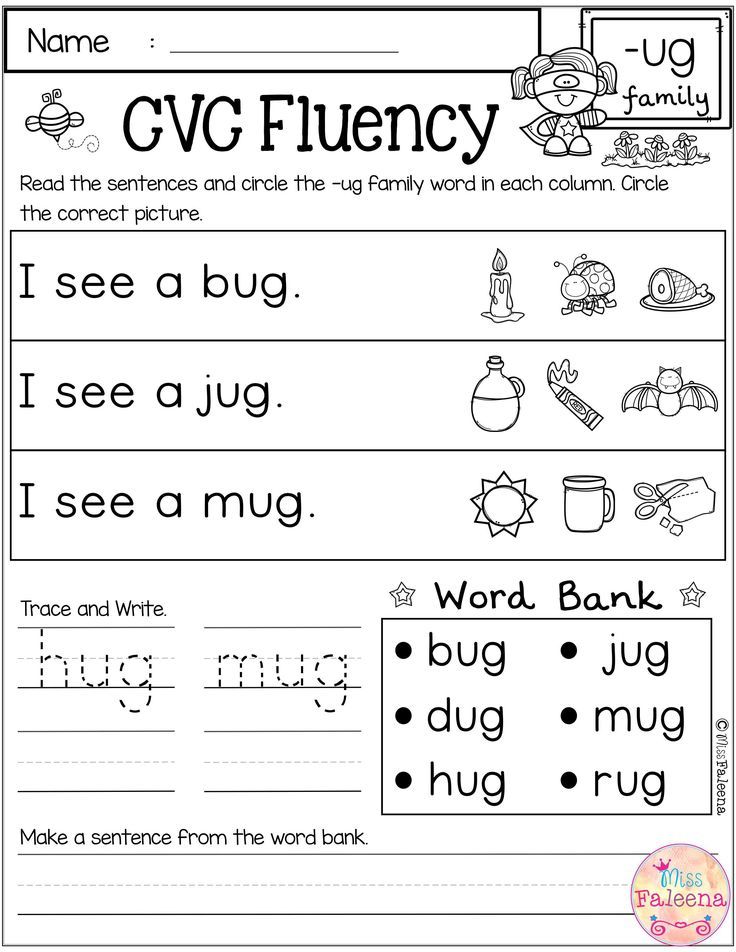 And it doesn’t matter if we are talking about material support for someone, ensuring an obligation with something or ensuring someone’s safety. The stress will stand in any case. There is no word “providing”, which many dictionaries explicitly warn about.
And it doesn’t matter if we are talking about material support for someone, ensuring an obligation with something or ensuring someone’s safety. The stress will stand in any case. There is no word “providing”, which many dictionaries explicitly warn about.
A rhyme will help you remember this difficult word:
is marked in the dictionary
The word provision
Window - window
Do you remember the words of the song of the group "Lyube": "... from the wide open windows .."? Many will be surprised, but this is not the norm. In the genitive plural, the stress falls on the first syllable - windows. Not windows. Remember?
What is this cocoon
Do we see from the windows?
Letter П
Appeal
The stress in this word always falls on the second syllable. It doesn't matter if it's a call to action or a call to the army. Often, when it comes to conscription for military service, you can hear the call.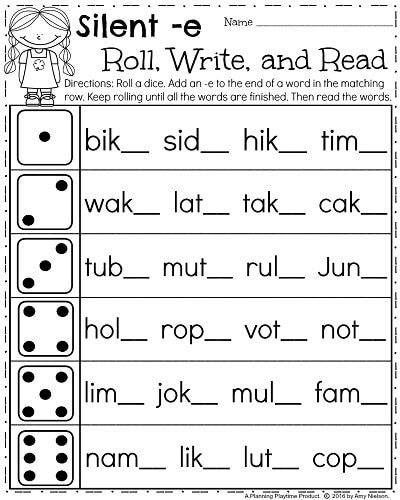 However, in the army, as well as for action, they are called. And there is no reason to change the stress in a word depending on the meaning. In all cases, the emphasis is the same - the call. A from rhyme easier!
However, in the army, as well as for action, they are called. And there is no reason to change the stress in a word depending on the meaning. In all cases, the emphasis is the same - the call. A from rhyme easier!
The window is open,
We hear the call.
Pullover
Not a half-over, not a pullover, but only a pullover. Dictionaries do not provide other options. In order not to accidentally put on a half-belt, remember rhyme :
A beautiful motor scooter.
And a pullover in his color.
Letter P
Shell
Perhaps, checking the word "shell", some put the emphasis on the first syllable - shell. And what? A large shell, and a small shell. However, the word "shell" is not a test word for a shell. And the stress in this word is placed on the second syllable - shell. And small, and large, and river, and sea. And to be remembered better, rhyme :
Beautiful toy
Sea shell.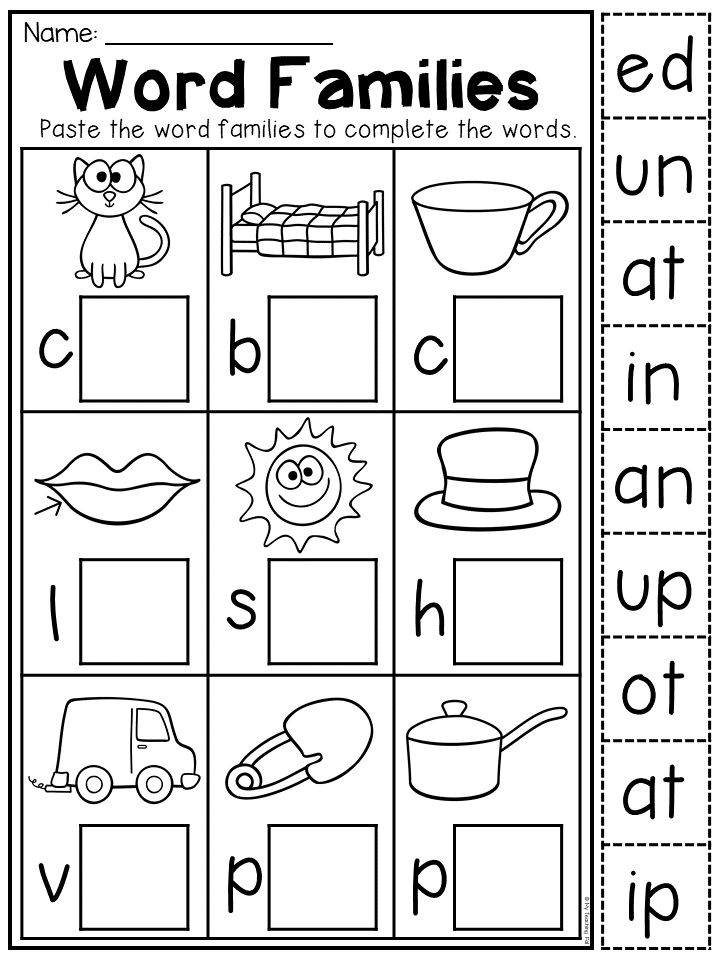
Regent
The word has several meanings. This is both the temporary ruler and the conductor of the church choir. But the stress is one - on the first syllable. In M.A. Bulgakov’s novel The Master and Margarita, the “regent” is quite common: this is how Koroviev called himself at the beginning of the work. “Now the regent put on his nose an obviously unnecessary pince-nez, in which one glass was missing at all, and the other was cracked.” If anyone doubted how to pronounce Koroviev's position, now he will be sure that he is regent. Well, in addition to the classics, our " memo ":
Likes to listen to reggae
Hora former regent
And this is the third card from the dictionary. Download it and we will not make mistakes in pronunciation.
Letter C
Symmetry
Remember the asymmetry? One might think that in the word "symmetry" the stress falls on the last syllable. The words are similar! But no, that would be too simple, so in the word "symmetry" the stress falls on the second syllable - symmetry. Here, as in the case of asymmetry, there are sometimes two options in dictionaries - symmetry and symmetry. But only the first one corresponds to a strict norm - symmetry. Remember with rhymes
The words are similar! But no, that would be too simple, so in the word "symmetry" the stress falls on the second syllable - symmetry. Here, as in the case of asymmetry, there are sometimes two options in dictionaries - symmetry and symmetry. But only the first one corresponds to a strict norm - symmetry. Remember with rhymes
Loves geometry,
So that there is symmetry.
Concentration
Concentration can often be heard. But let's imagine how something gathers at one point, and easily remember what is right - concentration. And if the dot does not help, then our rhyme will definitely do it:
The shutters are boarded up,
Silence is concentrated here
The insurer
For some unknown reason, this word is pronounced insurer. Perhaps, by analogy with some professions in the -man: crane operator, shoemaker. However, none of the modern dictionaries records the word "insurer".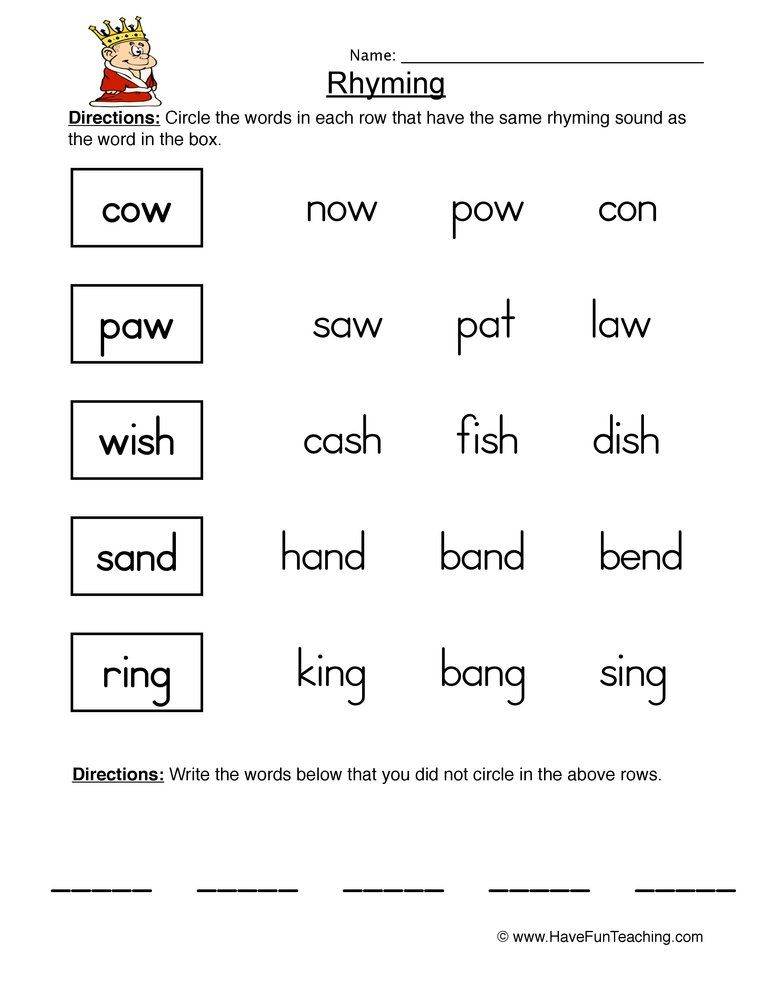 There is only "insurer". The emphasis on "o" remains in the derivative words "insurer", "reinsurer".
There is only "insurer". The emphasis on "o" remains in the derivative words "insurer", "reinsurer".
And it's easy to remember: remember the word insurance, the insurer also stresses the letter "o". And you can also come up with rhyme :
Lviv trainers
Always go to the insurer.
Carpenter
The correct stress in this word is on the last syllable. The profession of carpenter does not exist, no matter how often one hears this word. It's like saying not a painter, but a painter. However, they don’t say that, but for some reason the carpenter took root. And in vain, it does not correspond to the norm. The painter will help remember :
We have a painter working,
But we really need a carpenter.
By the way, the correct plural is “carpenters”, not carpenters and not carpenters. As, however, and painters.
Letter T
Cakes
Do you remember the word “bows”? "Cakes" from the same company.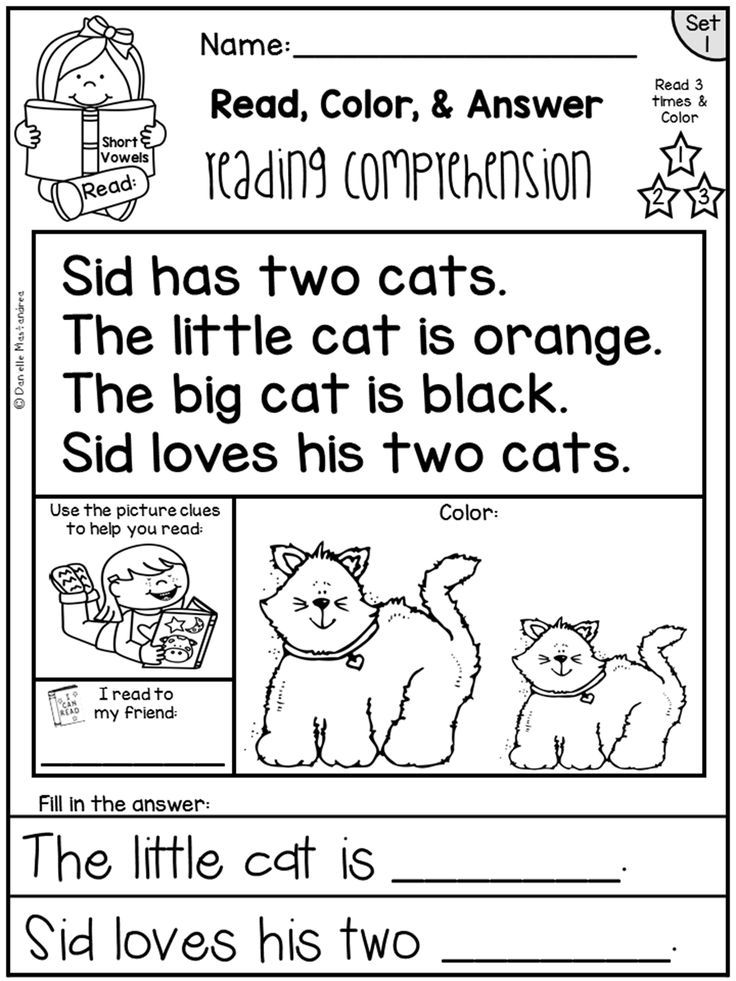 There are not many two-syllable words that have the stress on the first syllable. Cakes is one of them. The stress will remain unchanged when the word is declined. There are no cakes, not cakes, delicious cakes are welcome, but not cakes. When changing the word in the singular in cases, the stress will stand - there is no cake, I'm glad for the cake, I dream of a cake. A rhyme will help you remember:
There are not many two-syllable words that have the stress on the first syllable. Cakes is one of them. The stress will remain unchanged when the word is declined. There are no cakes, not cakes, delicious cakes are welcome, but not cakes. When changing the word in the singular in cases, the stress will stand - there is no cake, I'm glad for the cake, I dream of a cake. A rhyme will help you remember:
We are going to resorts,
We can’t eat cakes,
We want to flaunt in shorts,
But they don’t get slimmer “on cakes”.
Transfer
Despite the common pronunciation "transfer", it is correct to stress only the last syllable - transfer. And a "reminder":
Famous collector
Booked a transfer to the hotel.
Shoe
Contrary to popular belief, the stress here falls on the first syllable. You can’t say “shoe” or “shoe”, only “shoe. And don't forget that the noun shoe is feminine.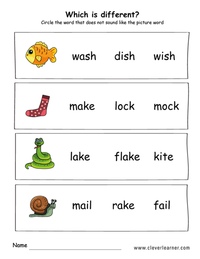
Letter X
Petition
One of the annoying and often used options is petition. Let's spare the ears of those around us and never say that! Only intercession and intercession. And with rhyme is easier to remember.
Just a treat for the ear.
When they say "intercession".
Letter Ш
Scarf
And one more of the few two-syllable words in which the stress falls on the first syllable. We already know about bows and cakes, and now scarves have joined them. It's only right, not scarves. The stress will be preserved when the word is changed both in the singular and in the plural - scarves, scarf, scarf, scarves. Rhyme will help you remember.
We play the harps
Scarves are uncomfortable.
Let's sit down to the harps,
Let's take off our scarves
Double (variable) accents in nouns
Good news.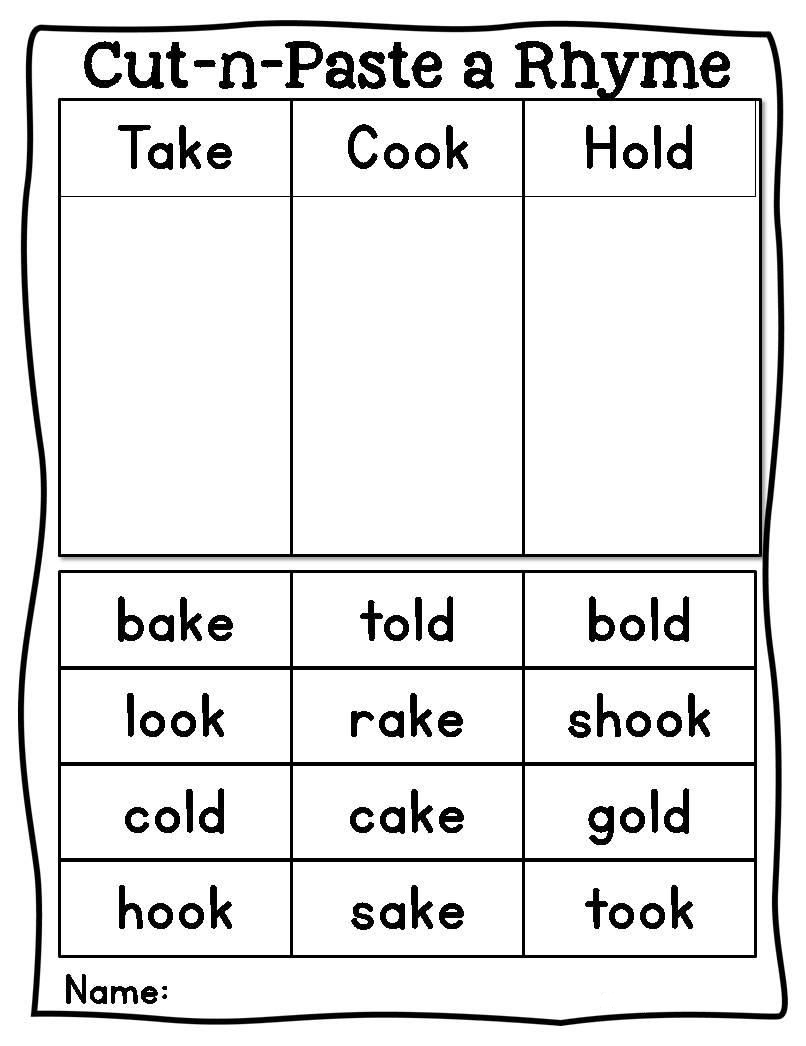 No, in all words it is not yet possible to put stress on different syllables at will. But there are a lot of words with variable stress. Let's present some of them.
No, in all words it is not yet possible to put stress on different syllables at will. But there are a lot of words with variable stress. Let's present some of them.
Apartments
It sounds amazing, but not so long ago only the pronunciation apartments was considered correct. And some dictionaries still fix this option as the only one. True, in some modern dictionaries you can see "apartment" as a colloquial option. But the majority still consider apartments and apartments to be equal. Both options are standard.
Bungalow
Until recently, only the bungalow was considered correct. Now, the stress depends on the choice of the speaker - both bungalow and bungalow correspond to the norm.
Croutons
As in the previous cases, only pronunciation - croutons was allowed before. And in the singular - toast had a masculine gender. Over time, croutons also appeared, and in the singular feminine toast.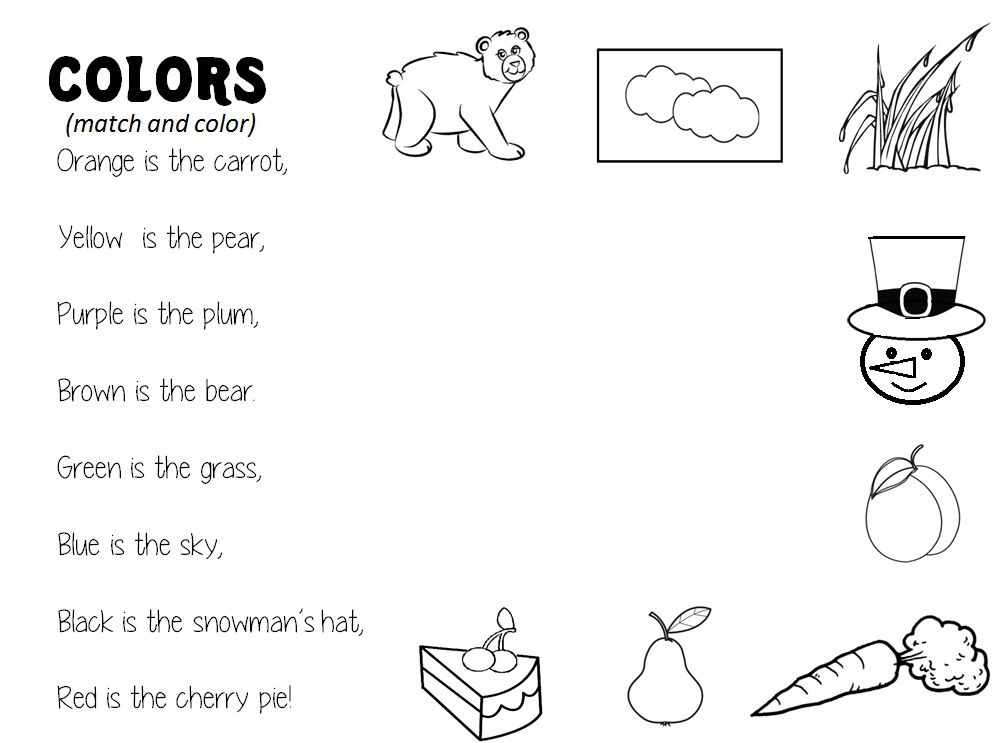
Both words are normative, and the choice is yours.
College
You will be surprised, but many dictionaries record both college and college as equals. True, more conservative dictionaries adhere to the college option. We would also recommend not to stress the second syllable. But in this case there will be no error either.
Cooking
She stopped being only cookery a long time ago, having got herself a sister - cookery. Both cooking and cooking are recorded in dictionaries.
Pizzeria
Here you can taste delicious pizza. And it can be pronounced differently. If strict dictionaries believe that only the pizzeria option is correct, then most dictionaries argue with them, fixing two options - pizzeria and pizzeria.
Meatballs
Don't be surprised. The correct options are meatballs and meatballs. But, if you are faced with a choice or preparing an official performance, then meatballs, of course, are preferable.